Lead Organization
University of Lisbon, Institute of Social Sciences, Portugal
Instituto de Ciências Sociais of the Universidade de Lisboa (ICS-ULisboa) was established in 1962 as a university institution devoted to research and advanced training in social sciences. The mission of ICS-ULisboa is to study contemporary societies, with special emphasis on the Portuguese reality and on the societies and cultures with which Portugal has historical relations, both in Europe and in other geographic areas.ICS-ULisboa hosts some 120 full researchers working in 7 research groups and participates in 11 PhD programmes in partnership with other Portuguese institutions. In 2002, ICS-Ulisboa was recognised by the Portuguese Ministry of Science as an Associated Laboratory (i.e. a research institution tasked with providing policy advice to the government). ICS-ULisboa hosts the Imprensa de Ciências Sociais, the most important Portuguese university press dedicated to research in Social Sciences, and publishes the journal Análise Social, one of the leading Portuguese journals in social sciences.
ICS-ULisboa’s core areas of investigation (which span from history to sociology, from political science to anthropology) include a strong cluster of researchers working on human geography, urban studies, and housing policy – mainly through the research group SHIFT – Environment, Territory and Society and the Urban Transitions Hub.
Instituto de Ciências Sociais
Av. Prof. Aníbal de Bettencourt, 9
1600-189 Lisboa
Portugal
ics.ulisboa.pt

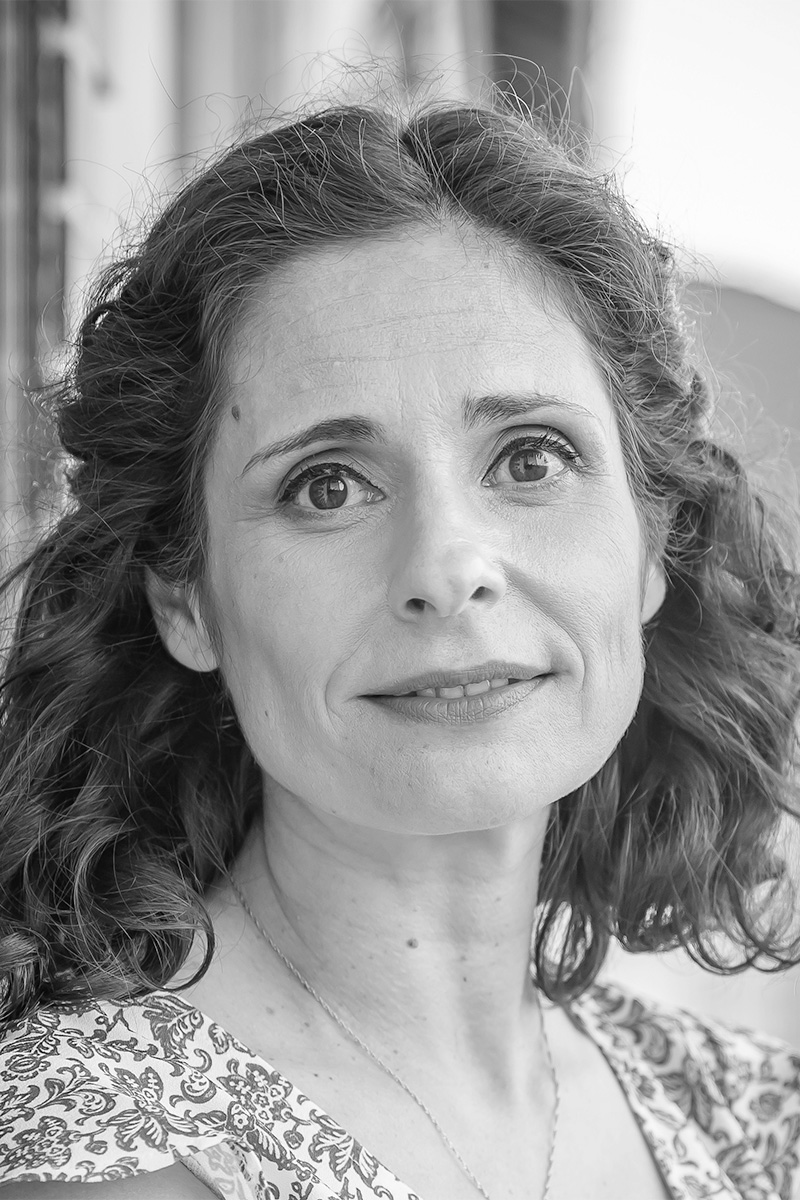
Primary Coordinator, Team leader, Coordinator for Portugal
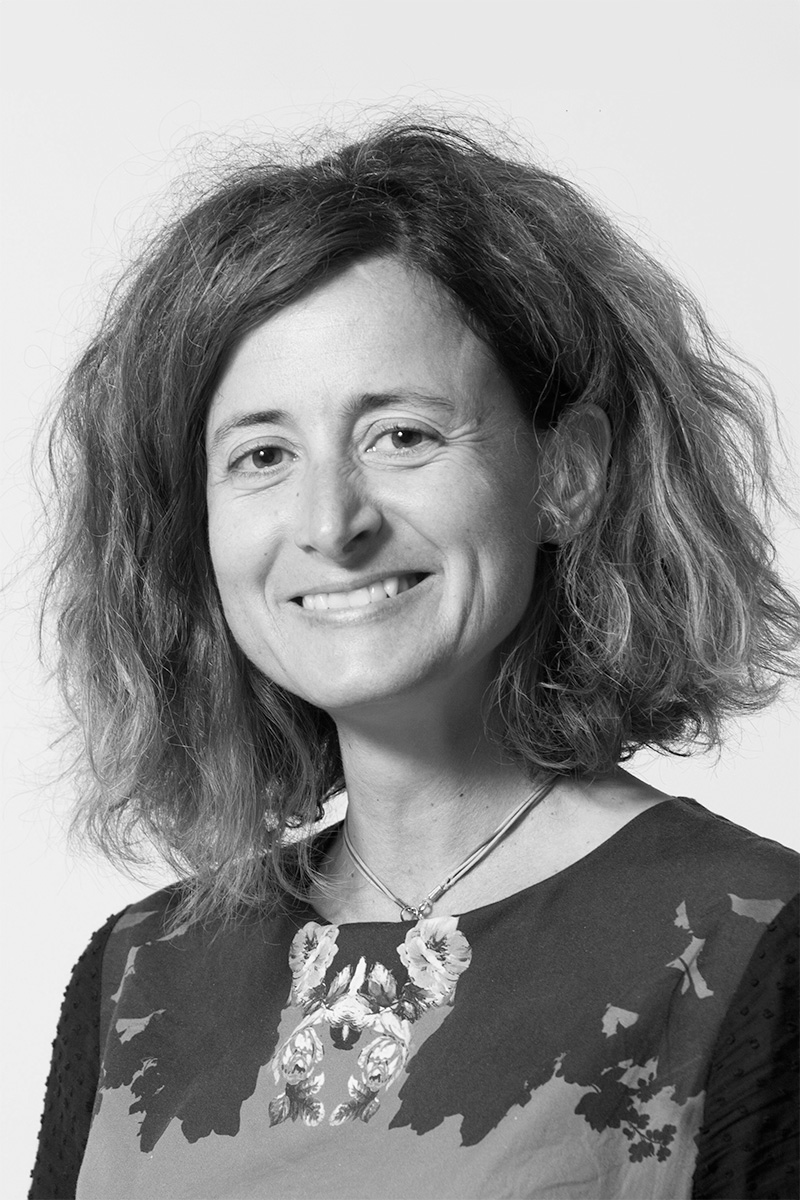
Research Associate
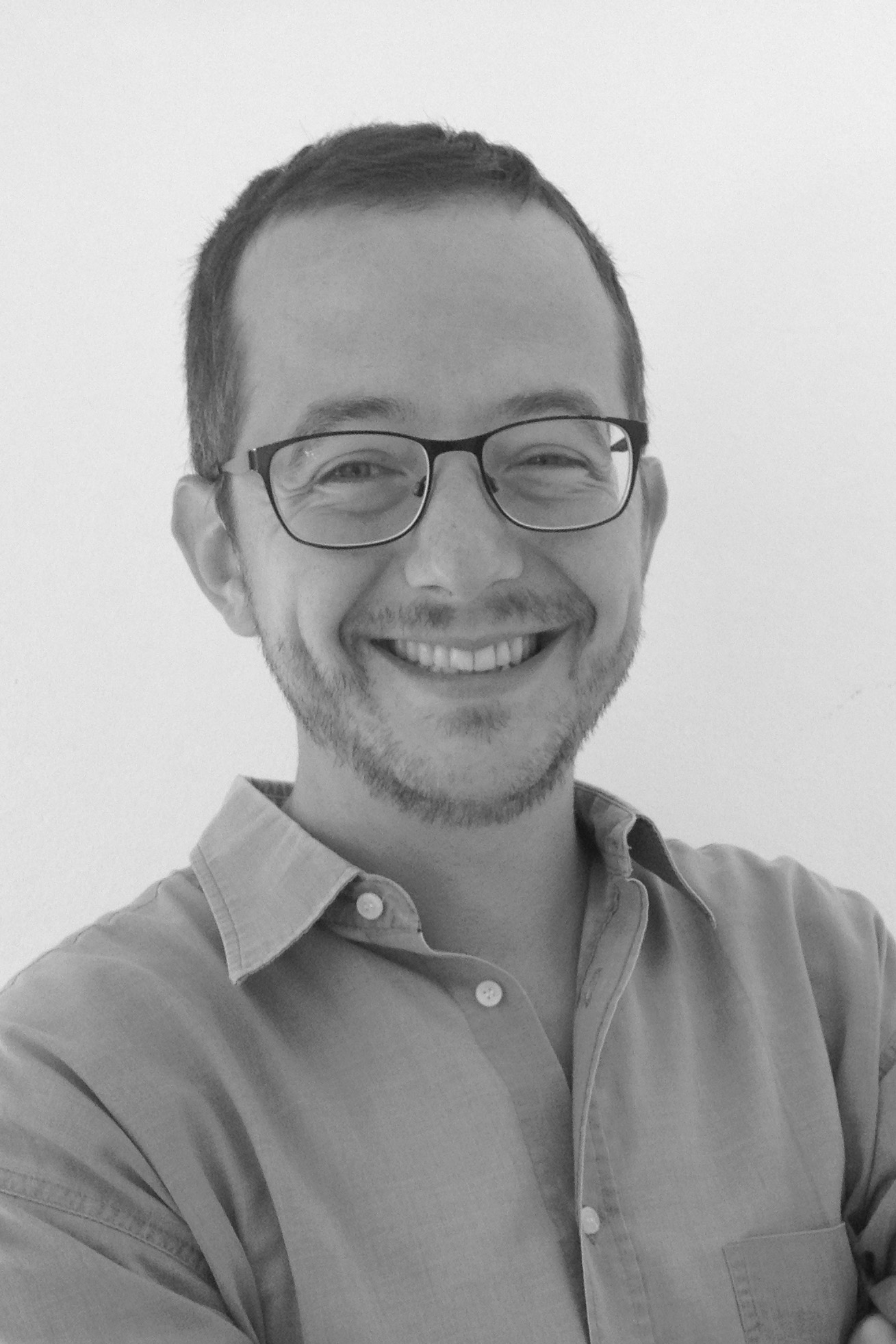
Research Fellow
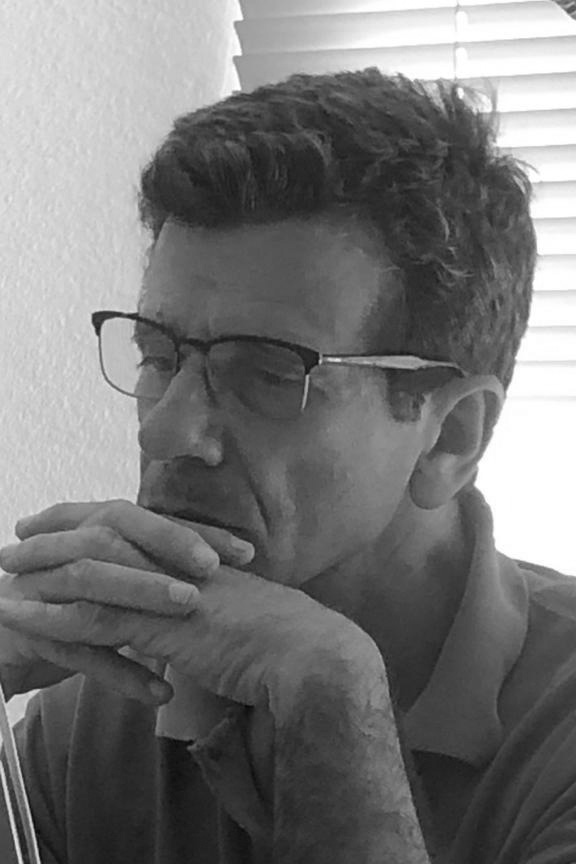
Research Fellow
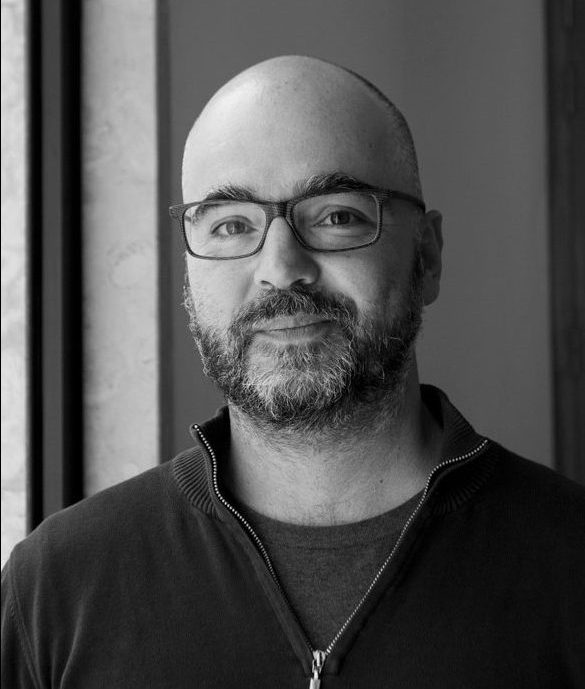
Research Fellow
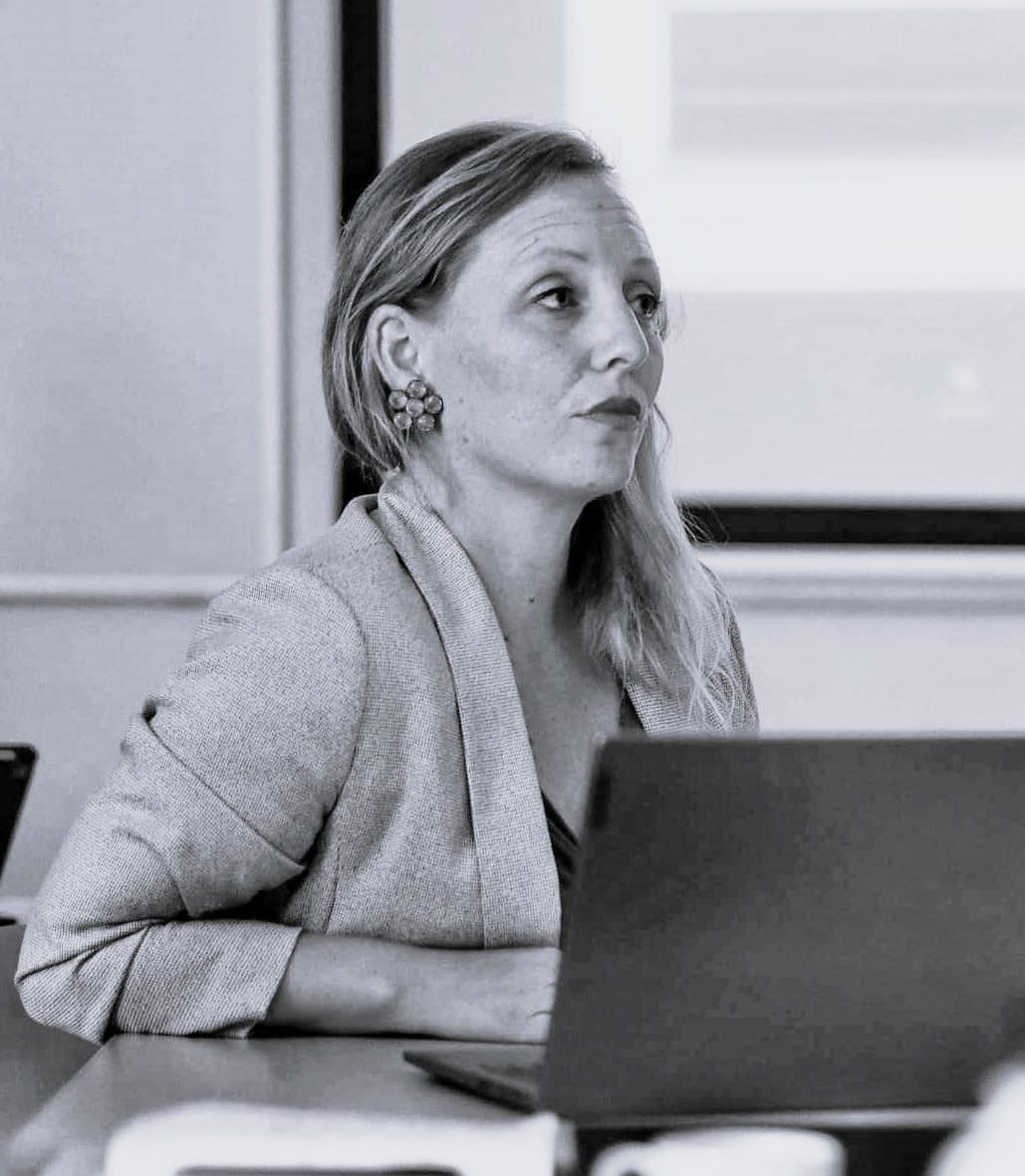
Research Fellow
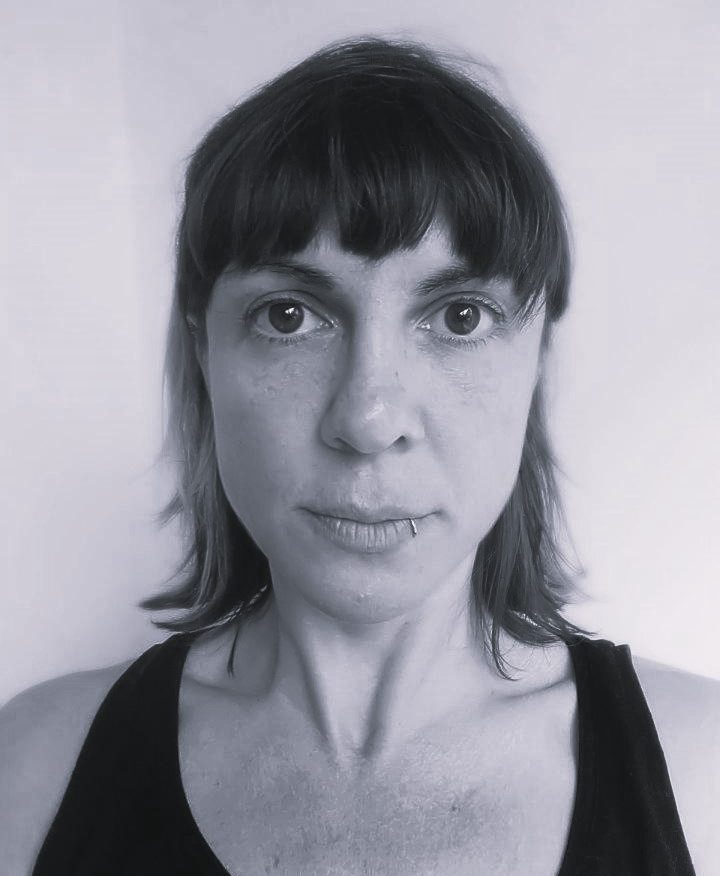
Post-Doc
Beneficiary Organizations
Build – Department of the built environment at Aalborg University (AAU)
Build was formed by a merger of two older departments in 2020; SBI – Danish Building Research Institute established 1947 to promote housing and Department of Building and Construction, AAU (established in the 1970s). The overall aim is to promote better quality of the built environment, which involves a strong focus improved by construction technology, but also increase the perceived quality of the users. The Urban and Housing section of the department works on settlement, including regional aspects of urban and rural transformations, energy and resource consumption in the built environment, securing the circularity of construction, housing sociology in particular social housing, housing policies, social effects of housing renovation etc. SBI was from its start a government research organisation aiming at better (practical) solutions in the construction sector. In 2007, the research institute merged with Aalborg University and is slowly converting into a more traditional university department.
The Urban and Housing unit has a long record of research on social challenges and implementation of housing policies, which includes both critical evaluations and recommendations for specific actions in local policies. The researchers of the section are involved in international (European and North American) projects.
Build, A.C.
Mayers Vænge 15.
DK-2450 København SV.


Assistant professor

Senior researcher

Research director

Phd-student
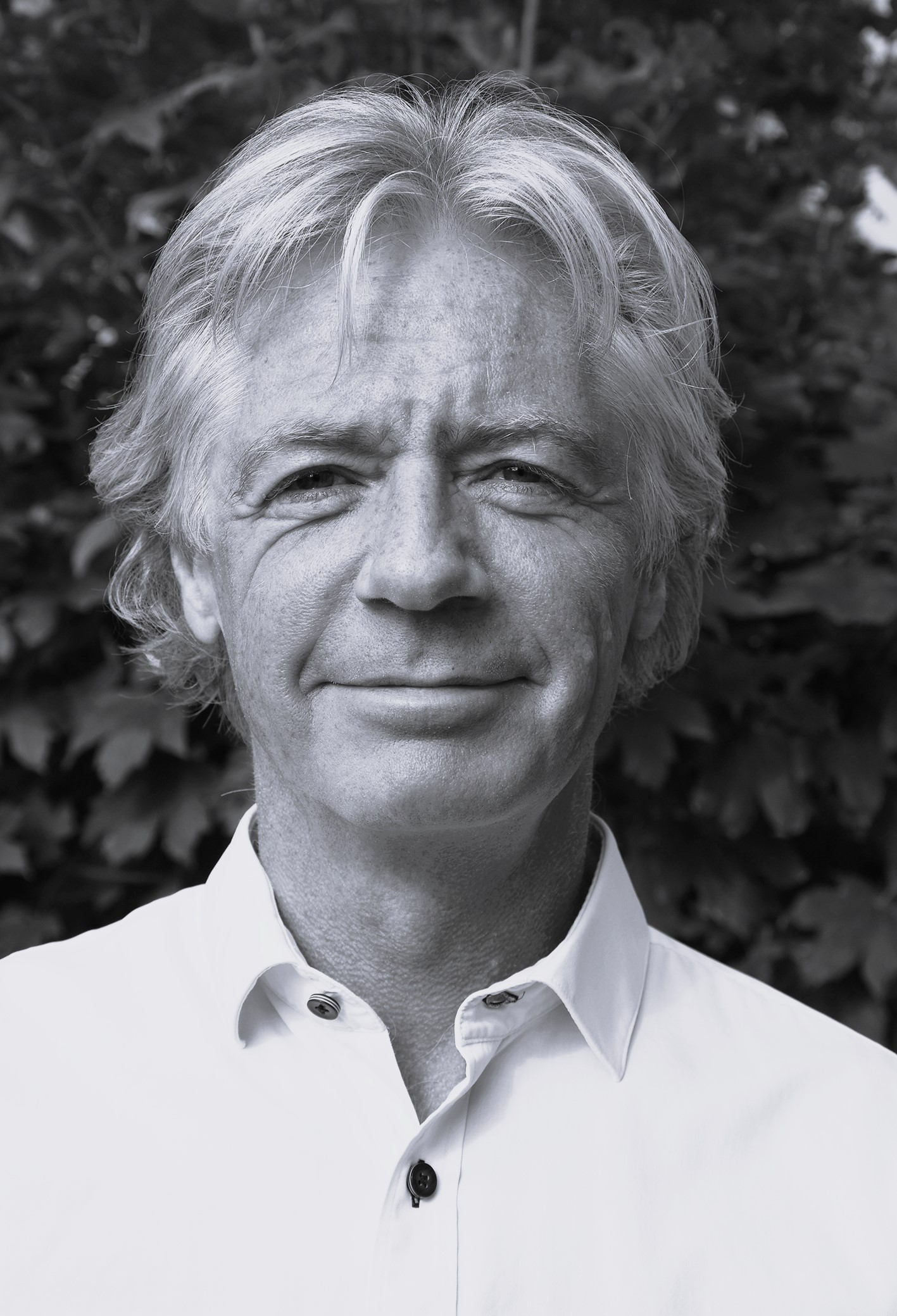
Senior Housing Researcher
Department of International Urbanism at the University of Stuttgart, Germany
The Department of International Urbanism is part of the Institute of Urban Planning and Design within the University of Stuttgart’s Faculty of Architecture and Urban Planning. It seeks to contribute to critical urban research and policy discourse, engages in the discussion of what are the fundamentals and prerequisites for urbanism in an international context, and aims to provide a knowledge base for interdisciplinary and transdisciplinary urban research. As practitioners in the fields of urban design, urban development and international cooperation, staff members apply their collective expertise to research and reality-based learning in a range of fields. The department has a firm commitment to the co-production of knowledge and undertakes to present students with the necessary tools for critical urban thinking. Apart from the DASH project, ongoing research projects include the SDGs GoGlocal! project aiming to strengthen transdisciplinary research and teaching on how to meaningfully localize and ground the SDGs in urban planning and development practice, and the Interurb study, a critical history of teaching and research on planning and building in a global context by West German universities since the 1960s.
Department of International Urbanism at the University of Stuttgart
Keplerstr. 11
D-70174 Stuttgart
Germany
international-urbanism.de

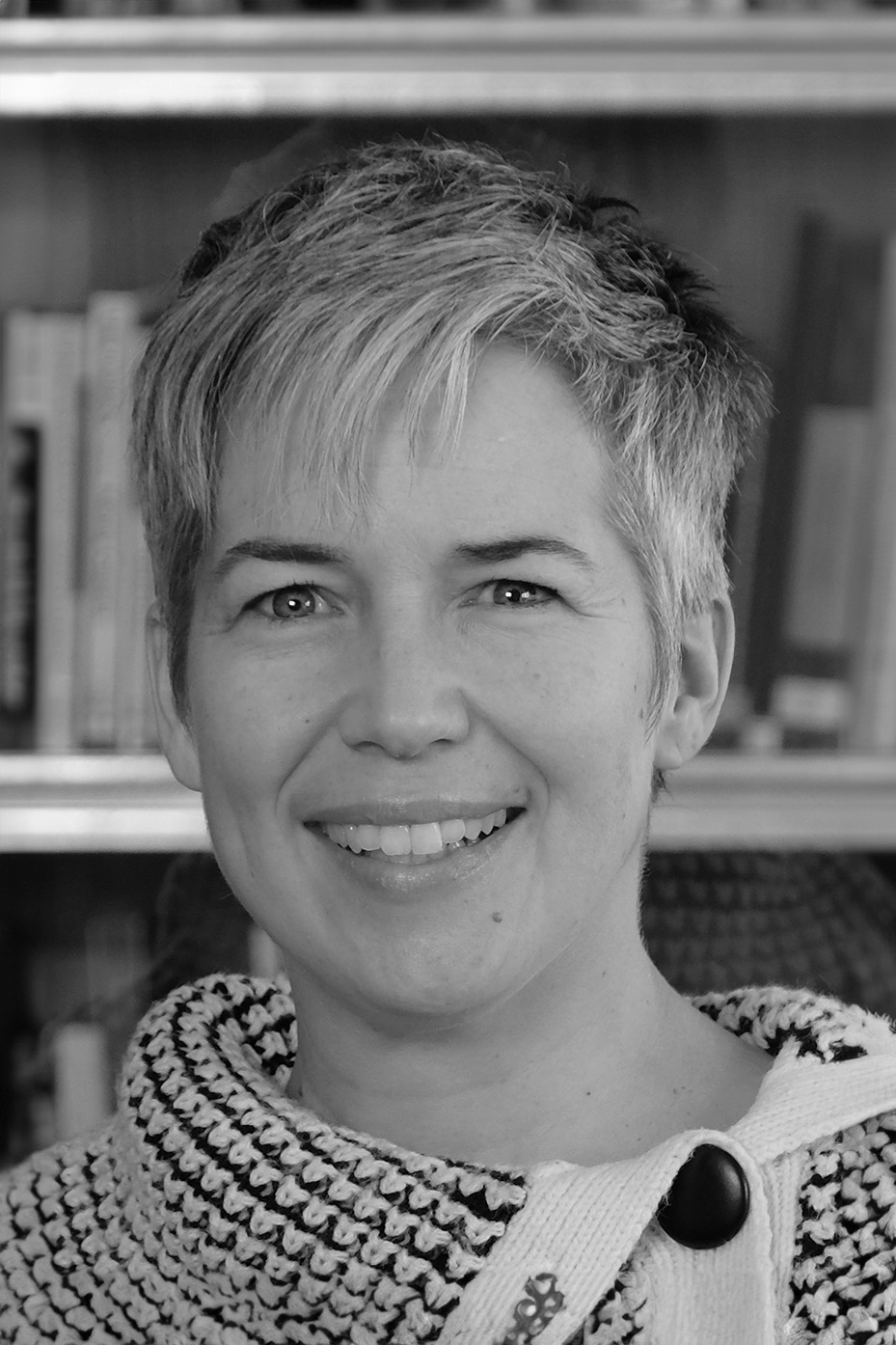
Chair of International Urbanism
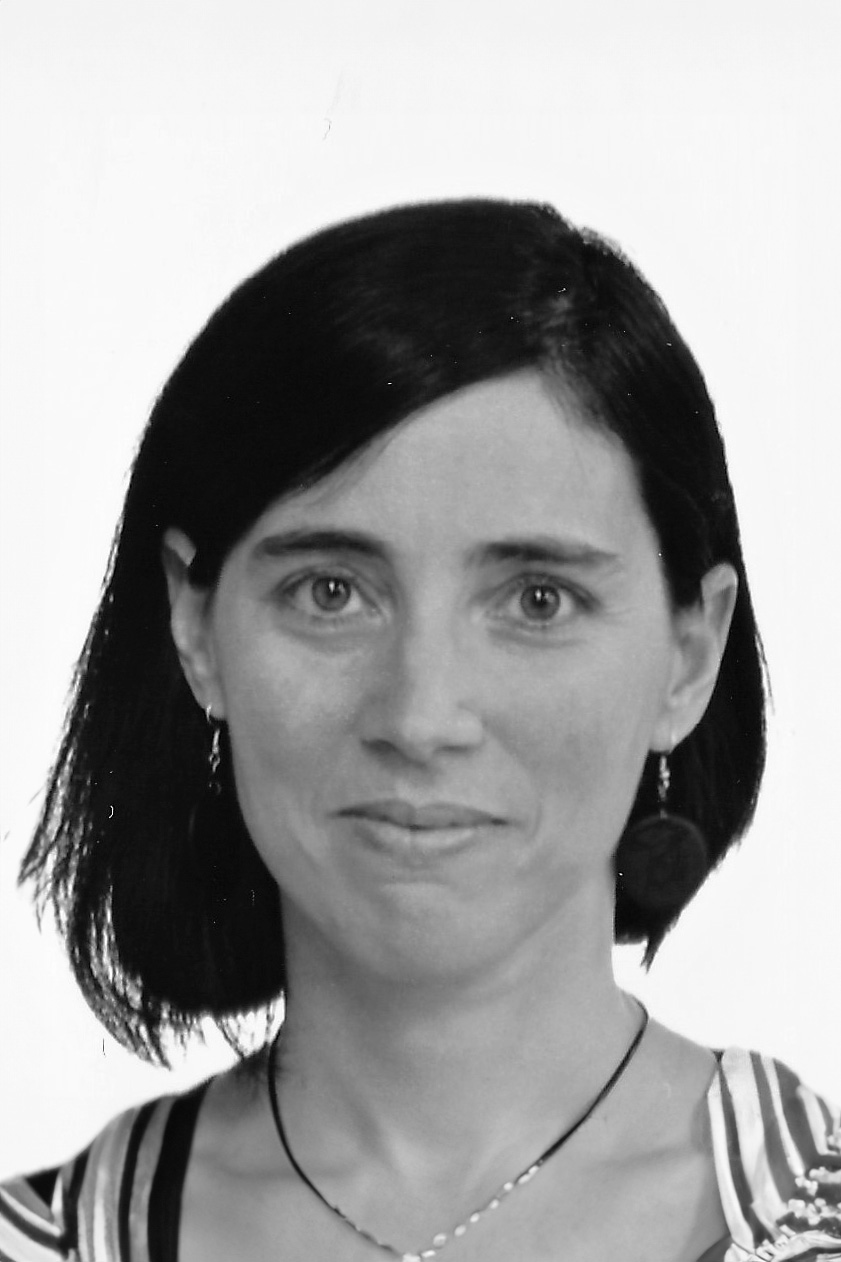
Researcher and Lecturer
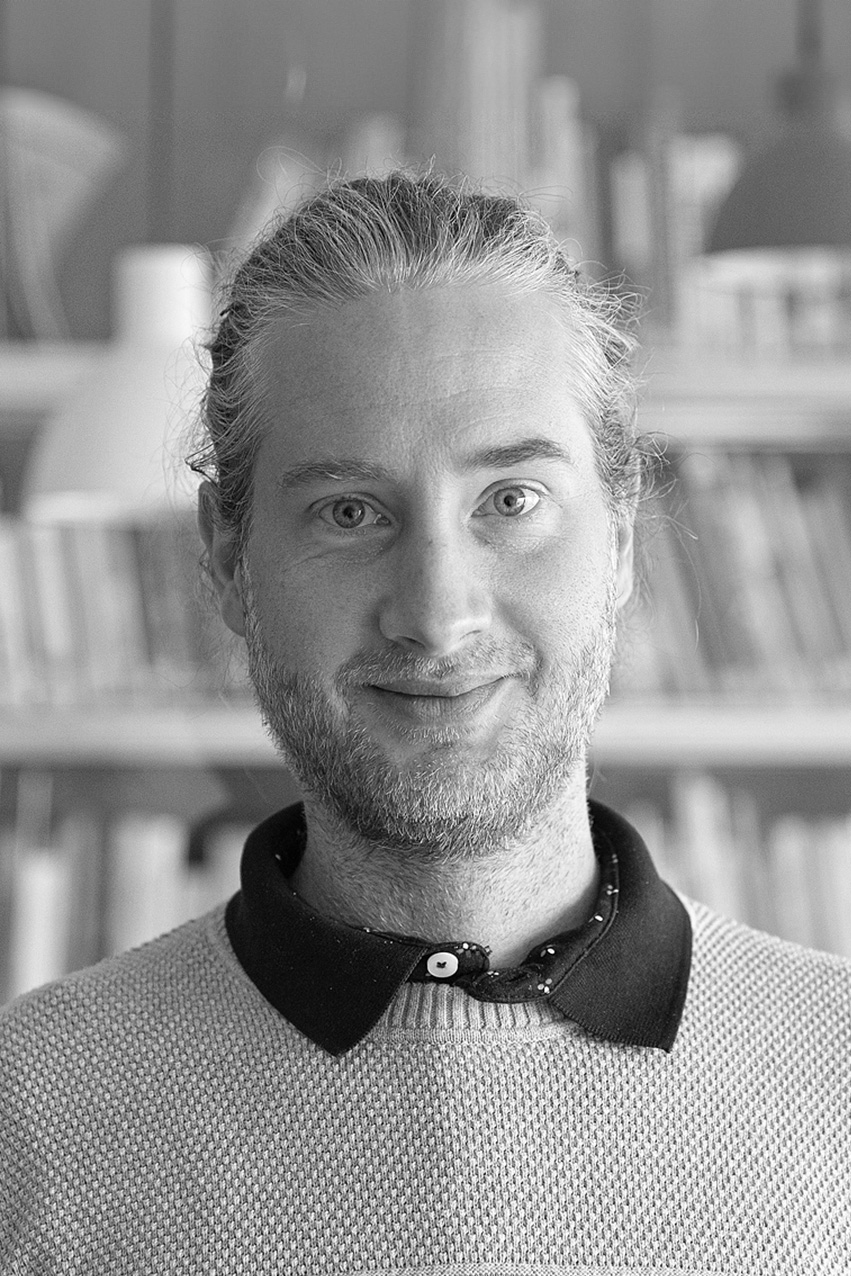
Researcher and Lecturer
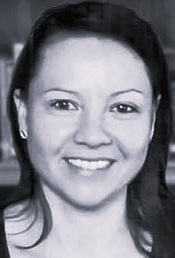
Researcher and Lecturer

Researcher and Lecturer
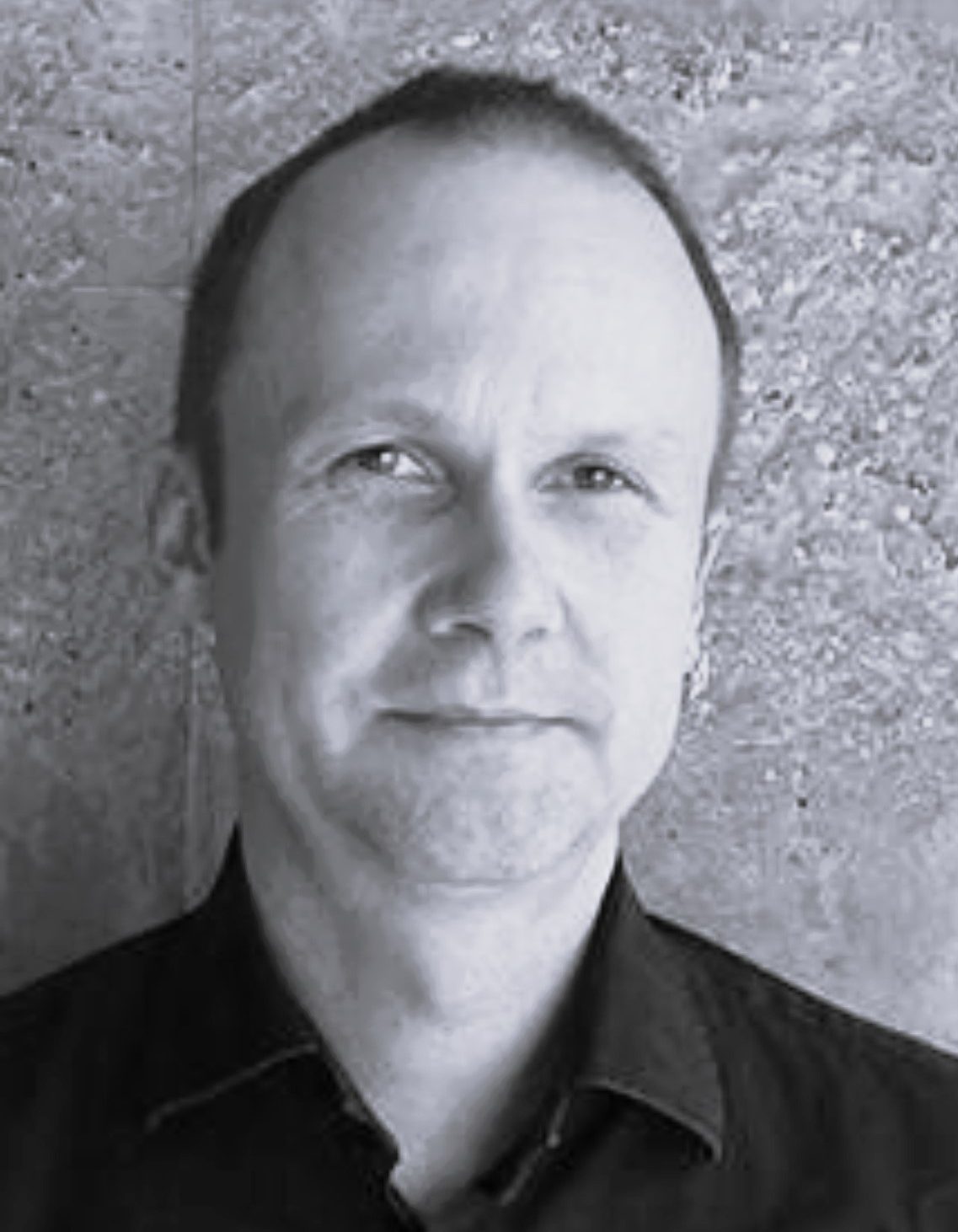
International Coordinator
Geographical Institute “Jovan Cvijić" SASA, Serbia
The Geographical Institute “Jovan Cvijić” of the Serbian Academy of Sciences and Arts (GIJCSANU) was established in 1947. Its primary focus encompasses a wide range of geoscience disciplines, employing a comprehensive and interdisciplinary approach in conducting fundamental, applied, and developmental research. The Institute’s core areas of investigation include physical geography, population and settlement geography, human geography, regional geography, cartography, and spatial planning. The Institute effectively integrates research and field studies, ensuring a comprehensive exploration of natural phenomena, urban and rural developments and challenges. The GIJCSANU publishes the Journal of the Geographical Institute “Jovan Cvijić” SASA, indexed by several international databases.
The GIJCSANU engages in various projects supported by national funding institutions and participates in international research collaborations and networks. It employs researchers with different academic backgrounds and expertise within its academic framework. The researchers from GIJCSANU included in the DASH project delve into housing (particularly social housing and the study of informal and Roma settlements), spatial and socio-economic dynamics, demography and environmental aspects of urban development.
Geographical Institute “Jovan Cvijić”
SASA Djure Jakšića 9
11000 Belgrade
Serbia
gi.sanu.ac.rs


Team leader Coordinator for Serbia

Research Associate

Research Associate
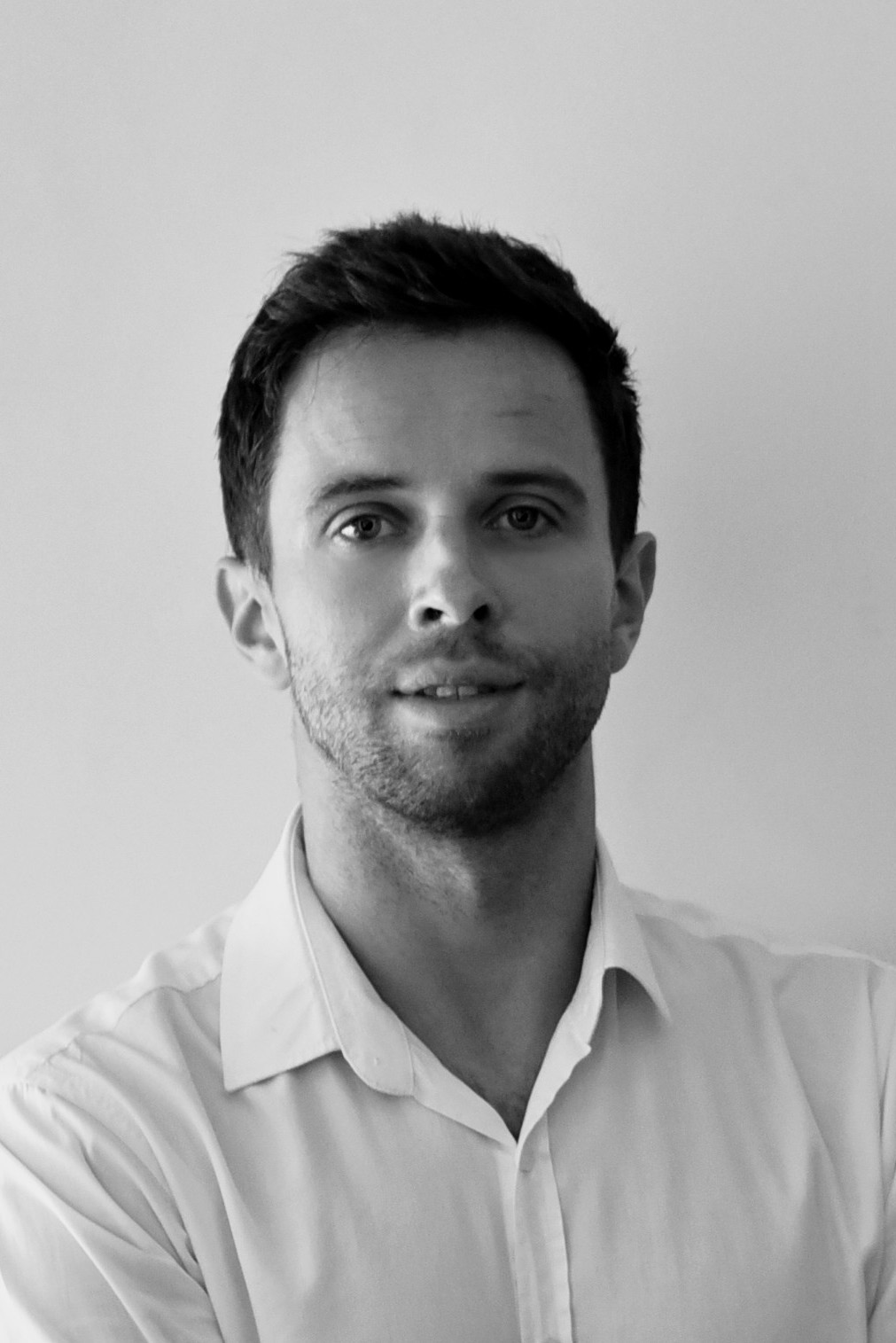
Research Associate
Cooperativa Integral Minga, Montemor-o-Novo, Portugal
Established in 2015, the Cooperativa Integral Minga is a dynamic organization rooted in solidarity and community development, positioning itself as a platform for convergence and transition towards a cleaner, fairer, and locally rooted economy. As an Integral Cooperative, Minga is an economically and politically self-managed project aiming to address vital sectors of sustenance: agriculture, commerce, services, and housing.
Committed to fostering holistic integration, the cooperative, through its Housing and Construction Section, addresses critical housing issues by tackling the insufficient supply of inclusive, sustainable, and non-speculative housing solutions. It also proposes innovative models for cooperative tenancy and collective property ownership. Simultaneously, it contributes to the community by addressing challenges such as high levels of digital and bureaucratic illiteracy, hindering access to housing solutions.
Recognizing the complexity of sustainability and ecology, the Housing and Construction Section confronts challenges in responsible construction practices, by promoting the development of integrated strategies informed by local materials and knowledge. Aligned with Minga’s commitment to locally rooted development, the Housing and Construction Section strives to overcome these challenges, creating inclusive, sustainable, and culturally enriching living environments.
Cooperativa Integral Minga
Largo Machado dos Santos 10
7050-135 Montemor-o-Novo
Portugal
mingamontemor.pt

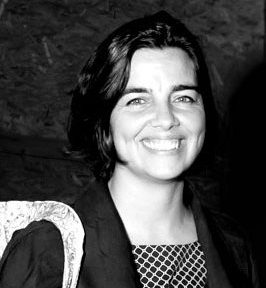
Team Leader, architect
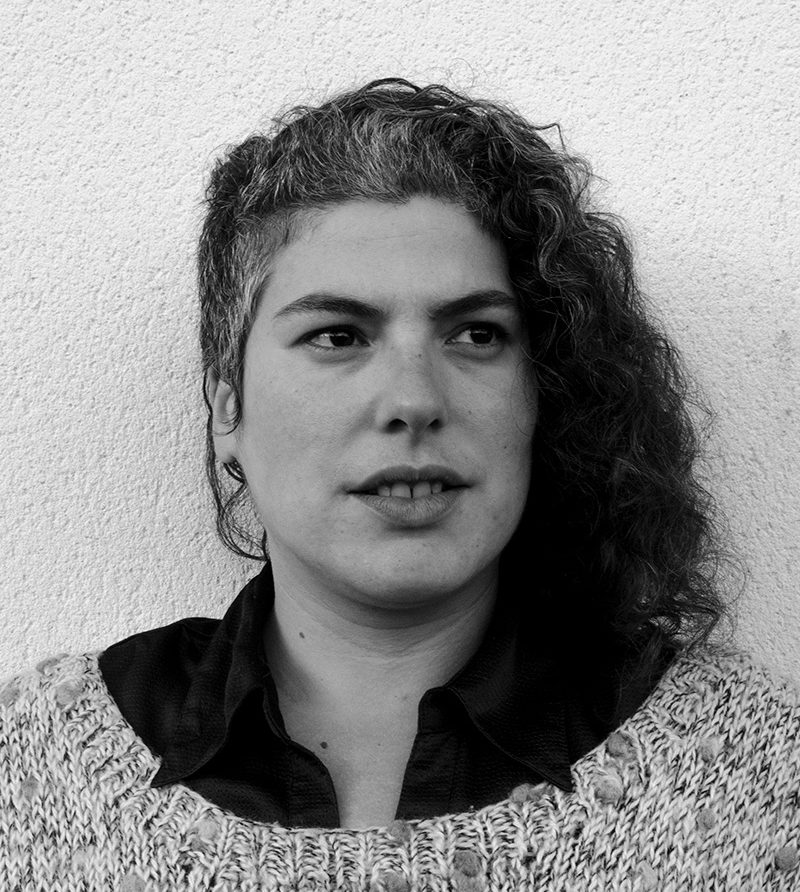
architect
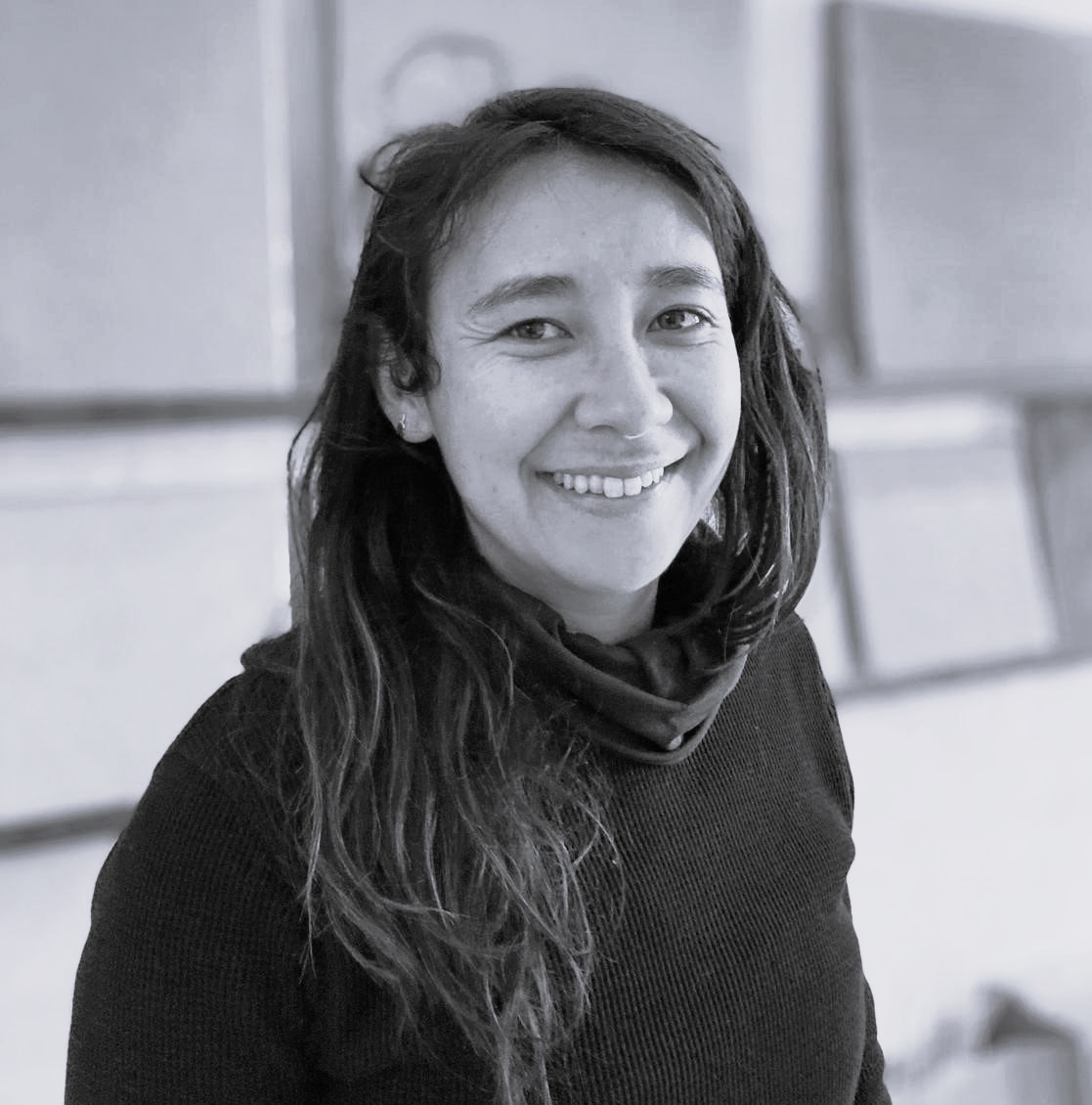
architect
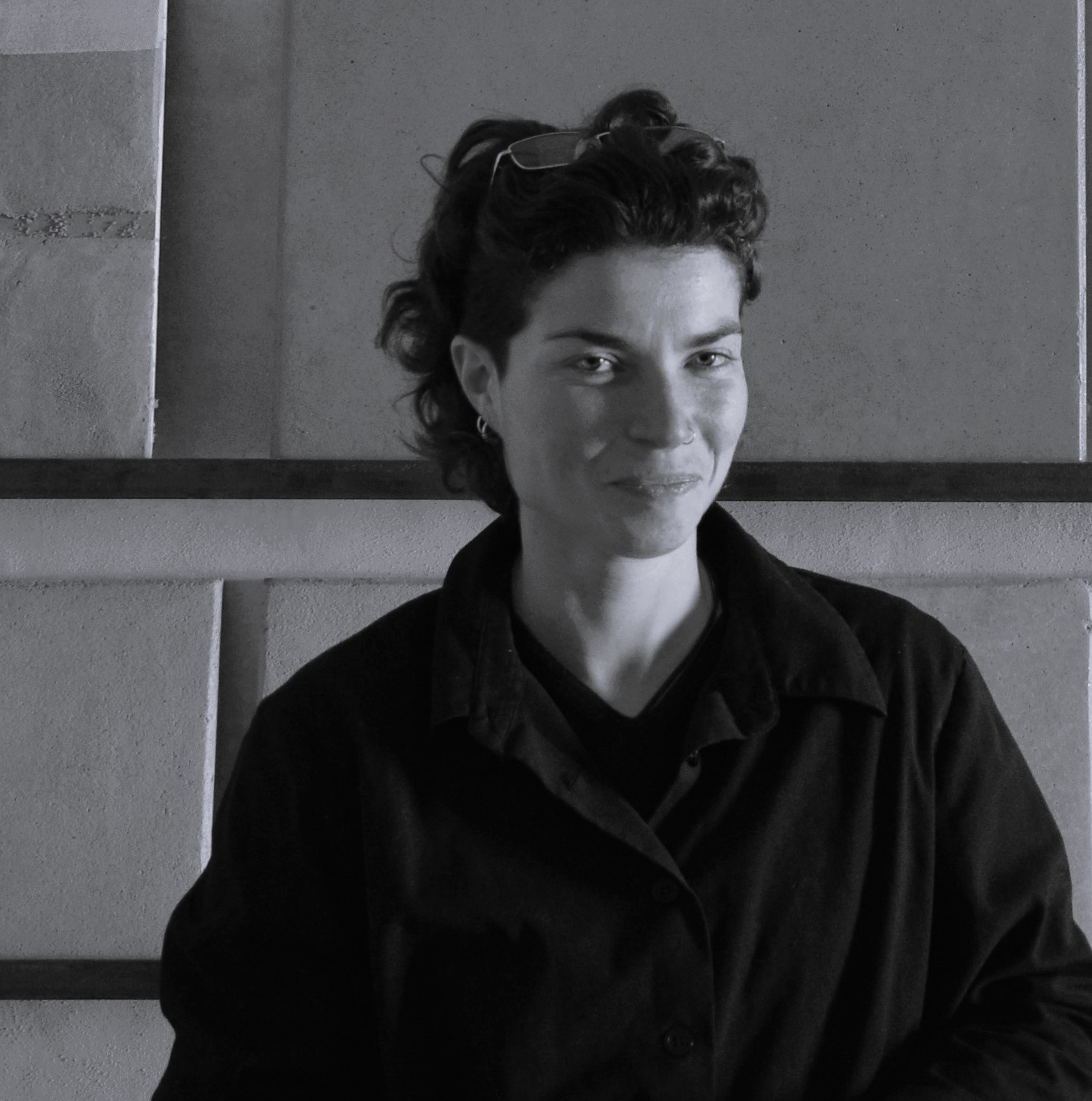
architect
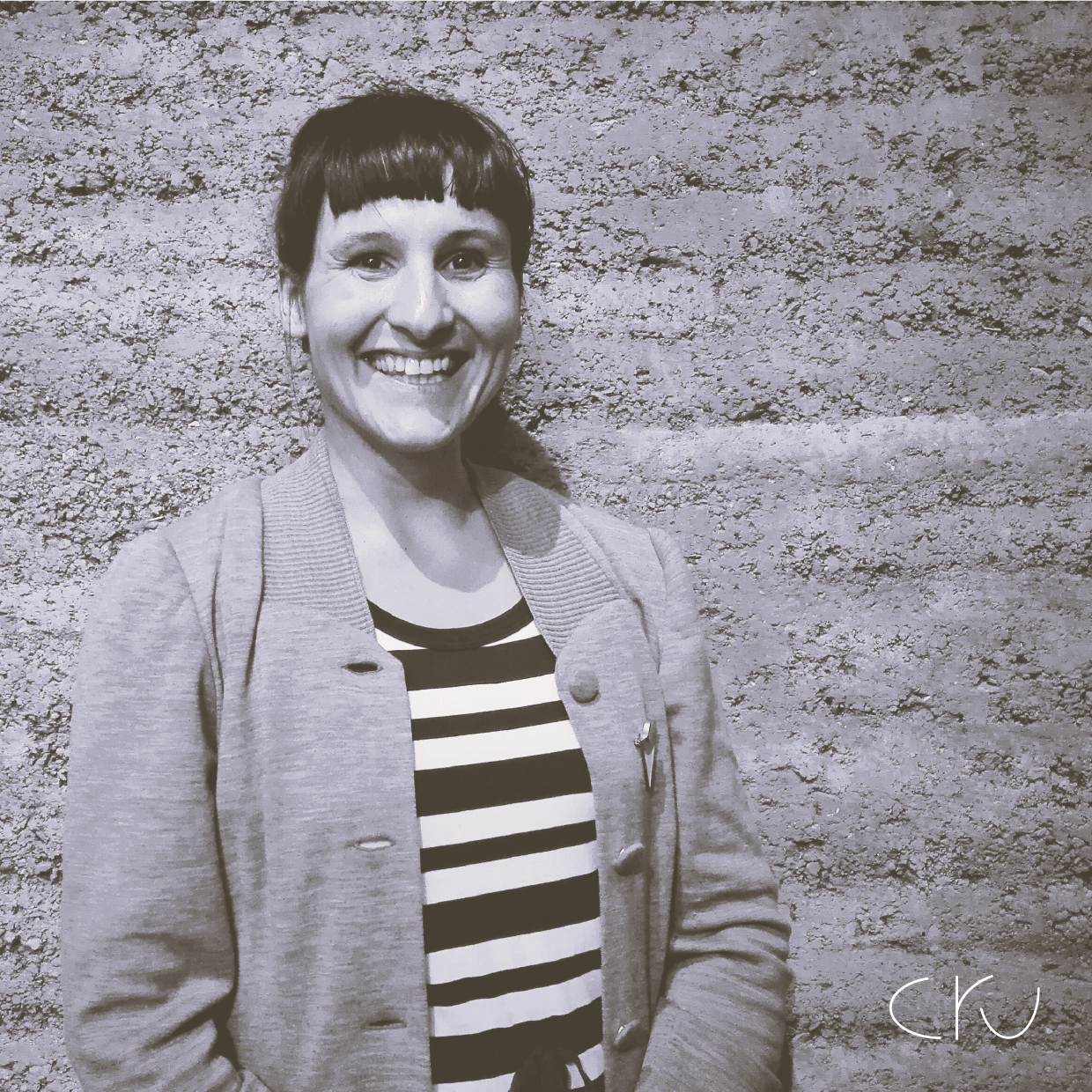
architect

architect

architect
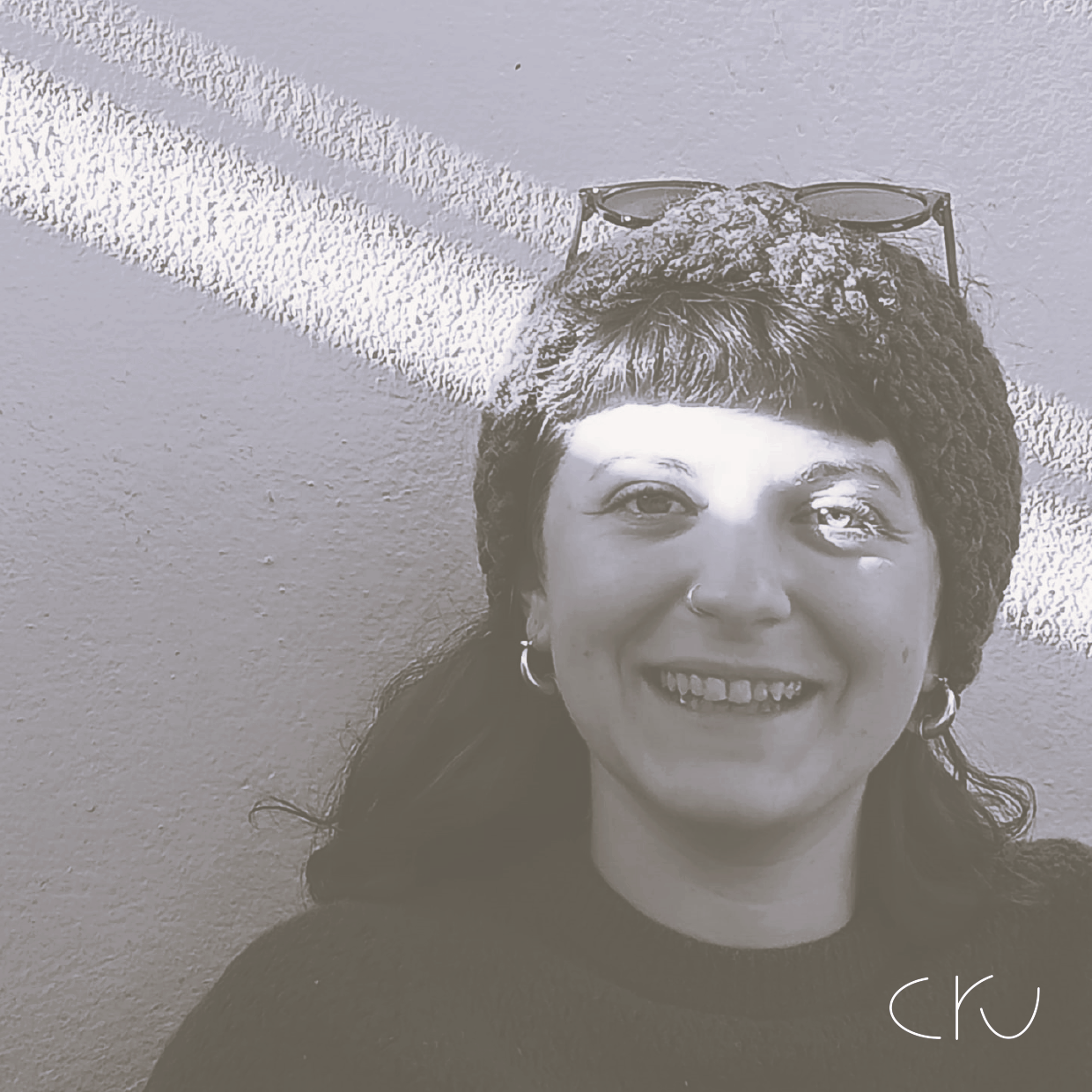
architect

Economist
Universitätsstadt Tübingen, Germany
The municipal administration of Tübingen manages a middle-sized city of just over 90,000 inhabitants in the centre of the country of Baden Württemberg, about 30km south of its capital Stuttgart. With its 800 year-old University, medieval old city and scenic surroundings, Tübingen is an attractive place to live, study and work. Over the last decades, Tübingen has become an important location for research of development in the fields of biotechnology and AI. With roughly a third of its population made up of students, and many more in the growing research and development sector, the city is gaining about 1000 inhabitants per year.
The Department of planning and building manages the urban development of Tübingen. Over the last decades, its main missions have been the sustainable growth of the University, the preservation of the medieval city and the development of new urban quarters on brownfield sites. Within the administration, the municipal commissioners of housing and accessibility oversee the formulation and implementation of strategic housing goals and policies. Among other projects, they have prepared the municipal building land statutes with regards to the development of affordable and social housing, coordinated the administrations refugee housing programme and initiated the Dachgenossenschaft Wohnen Tübingen, a supporting structure for co-housing groups organised as cooperative.
Universitätsstadt Tübingen
Tübingen,
tuebingen.de

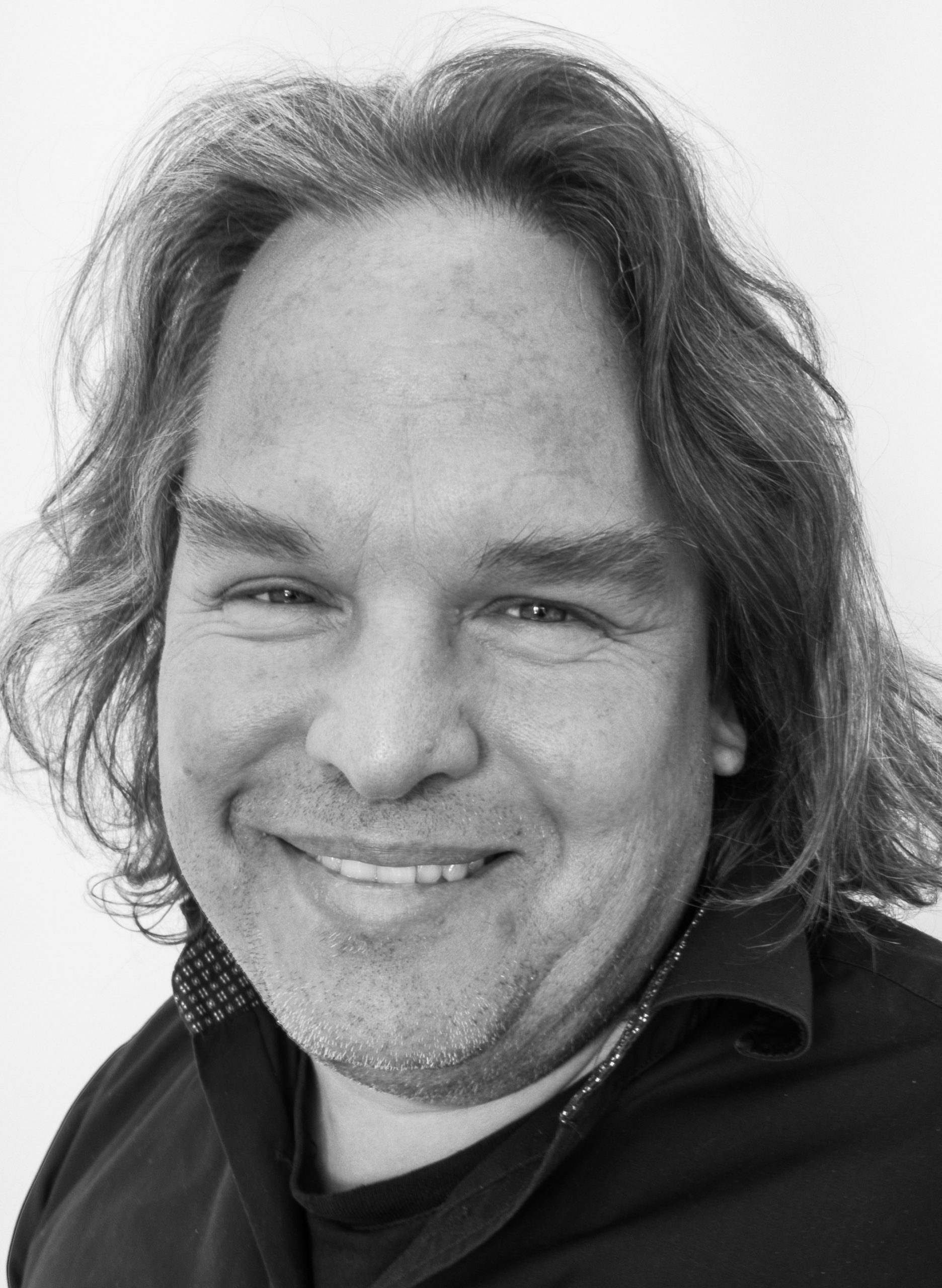
Commissioner for housing and accessibility
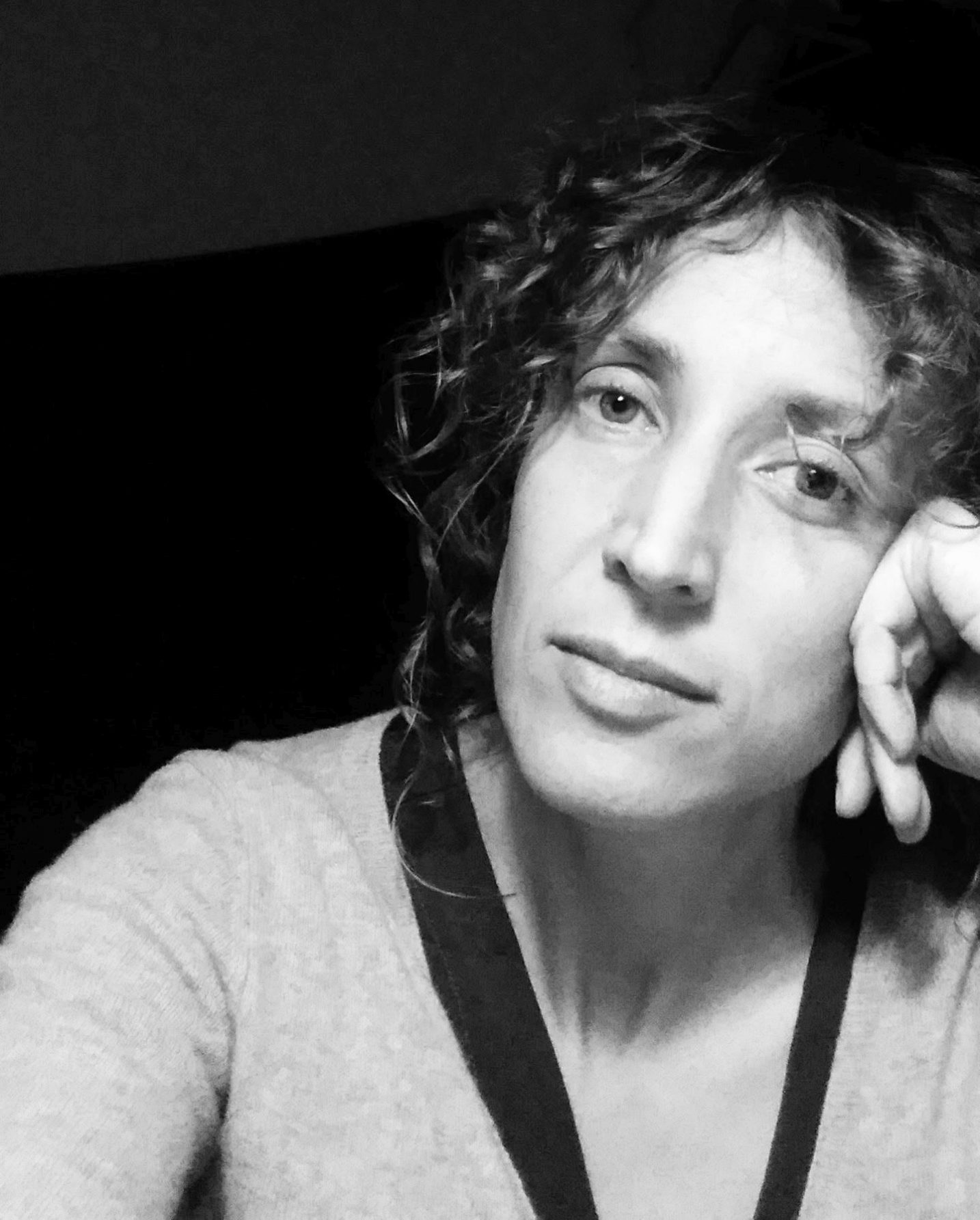
Commissioner for housing and accessibility
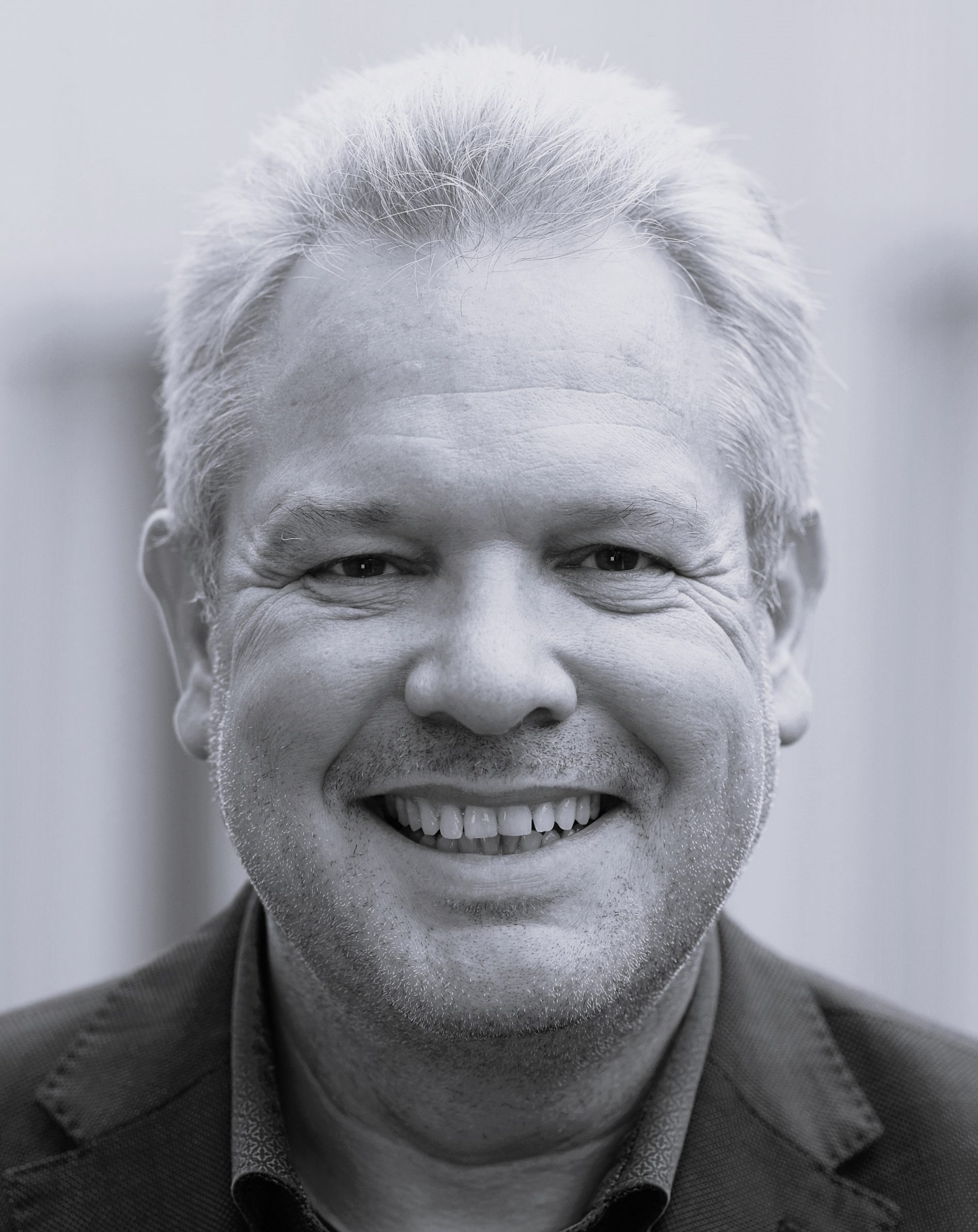
Mayor of the department for planning and construction
City Housing Agency Čačak, Serbia
The City Housing Agency Čačak (CHAC) was established in 2005 by the City of Čačak. As an independent public entity, it is responsible for developing, implementing, and monitoring housing policies, as well as managing public housing stock. The CHAC focuses on providing social housing for vulnerable population such as refugees, internally displaced people, Roma minority, and persons with disabilities. In addition to managing 197 new social housing apartments, the agency also oversees rent payments and ensures the maintenance of the physical quality of the buildings.
The implementation of housing projects in the City of Čačak is carried out by the CHAC, which serves as the executing body. The CHAC has been actively involved in housing construction initiatives, co-funded by the City of Čačak, donors and development institutions, including the EU, European Development Bank, UN-Habitat and World Bank. Currently, the CHAC is engaged in two social housing construction projects, aimed at assisting refugees and vulnerable local populations. These projects are being implemented within the Regional Housing Programme and the EU Support to Social Housing and Active Inclusion Programme.
City Housing Agency Čačak
Župana Stracimira 2,
32102 Čačak
Serbia
gsaca.rs

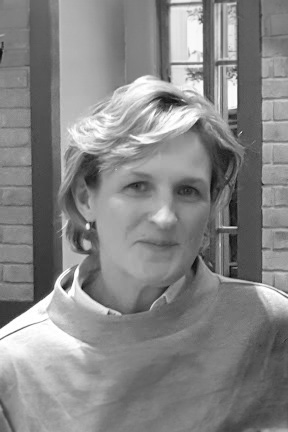
CHCA Director
Team leader
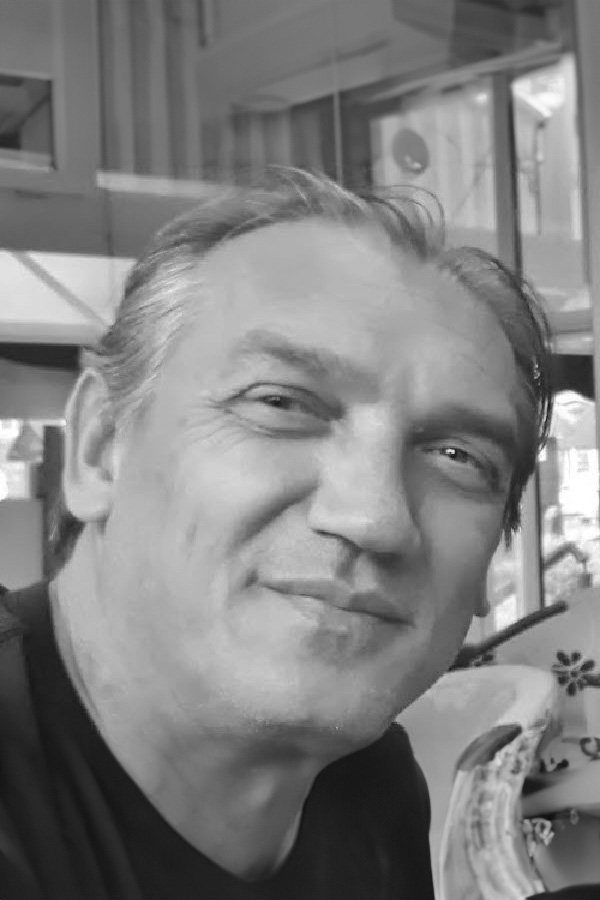
Team member

Team member

Team member
Association of Urban Planners of Serbia, Serbia
The Serbian Urban Planers Association (SUPA) was established in 1955 with the aim of bringing together urban planners and planning organizations from various cities in Serbia. Over the years, SUPA has grown to include around 350 individual members and 36 professional urban planning organizations, both public and private. SUPA brings together various experts including urban planners, spatial planners, civic engineers, urban sociologists, and economists. As a non-profit association, SUPA serves as a hub for its members to promote their work and achievements in urban and spatial planning.
SUPA also actively engages in dialogue with local and national governments to advocate for improved urban and spatial development policies. One of the key activities of SUPA is organizing the Annual Exhibition of Urbanism (Salon urbanizma), which provides a platform for members to showcase their projects and ideas. This exhibition also serves as a means to recognize and reward examples of good planning practices. Additionally, SUPA facilitates continuing professional development through its Summer School of Urbanism, where members can enhance their knowledge and skills in the field.
Association of Urban Planners of Serbia
Kneza Miloša 9
11000 Belgrade
Serbia
uus.org.rs

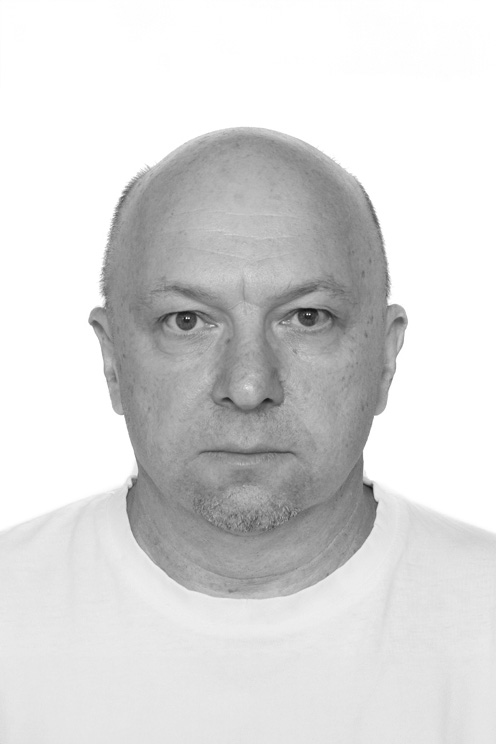
SUPA President
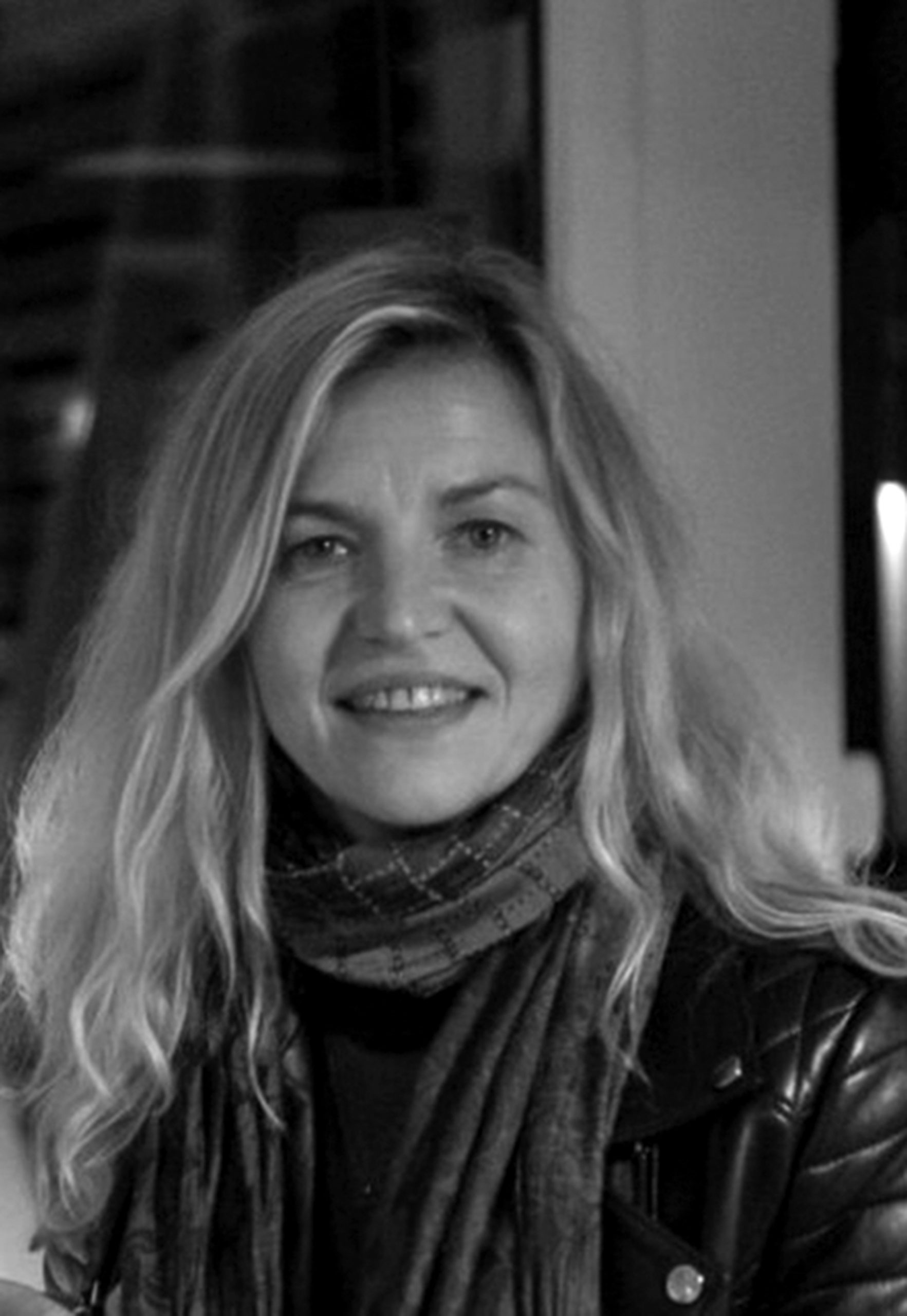
Team member
Verein zur Förderung innovativer Wohn- und Lebensformen – INWOLE e.V., Germany
The association INWOLE (Association for Innovative Forms of Housing and Living) was established in 2002 as an educational association of the co-housing project Project House Potsdam-Babelsberg, at whose compound is based, and where it runs seminar space and training facilities such as carpentry, pottery, textile and recycling workshops. The INWOLE association works in the fields of both adult and youth education. The main focuses are political education and education for sustainable development with various topics, such as self-organization, self-management, cooperative forms of housing and living, and the development of local solutions in fields of solidary economy.
The Project House Potsdam-Babelsberg is one of the well-known co-housing projects in the Berlin-Brandenburg region. INWOLE and Project House have an advisory capacity and provide counselling to various communities developing social spaces and co-housing projects in Germany and other countries (Greece and Czechia), supporting their establishment, financial development and governance and helping them in their group development processes. Project House is a member of the German-wide co-housing network Mieshäuser Syndikat and promotes this cooperative and collaborative housing model through its work.
Verein zur Förderung innovativer Wohn- und Lebensformen – INWOLE e.V.
Rudolf-Breitscheid-Str. 164
14482 Potsdam
Germany
inwole.de
projekthaus-potsdam.de
syndikat.org
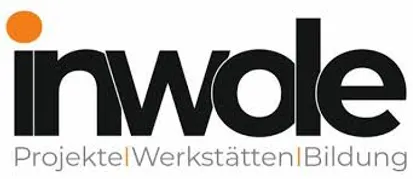
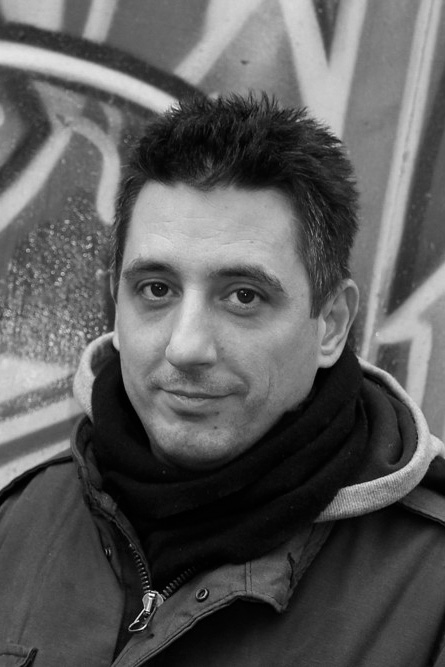
Team leader
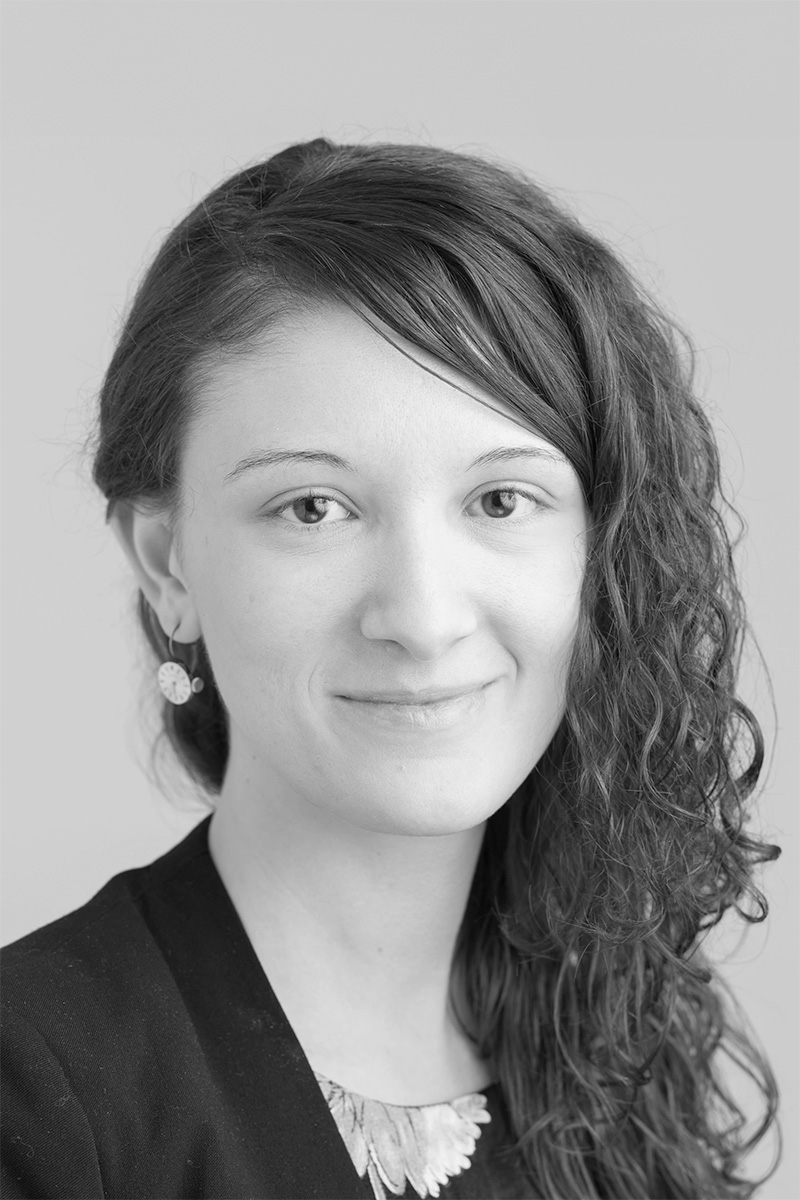
Deputy Team leader, Research Associate
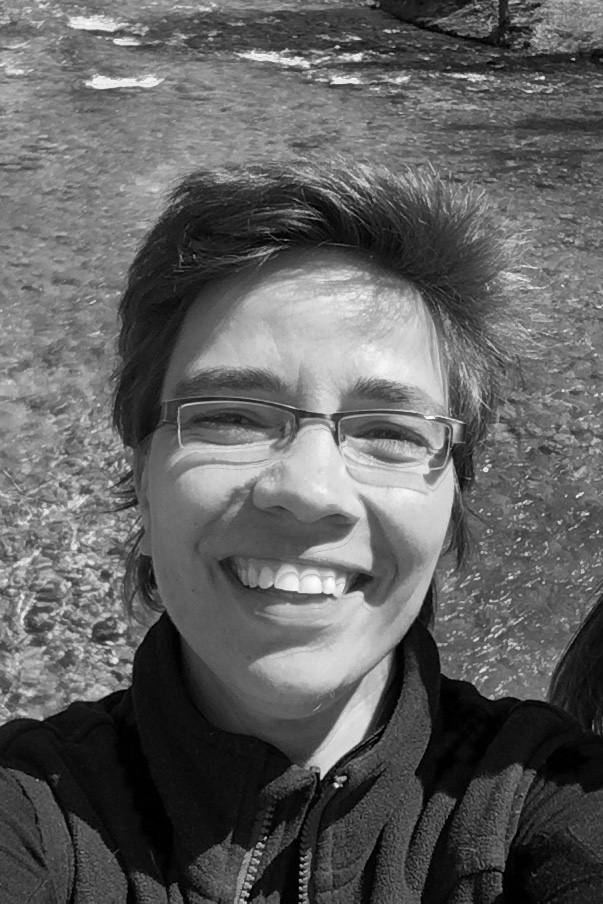
Research Associate
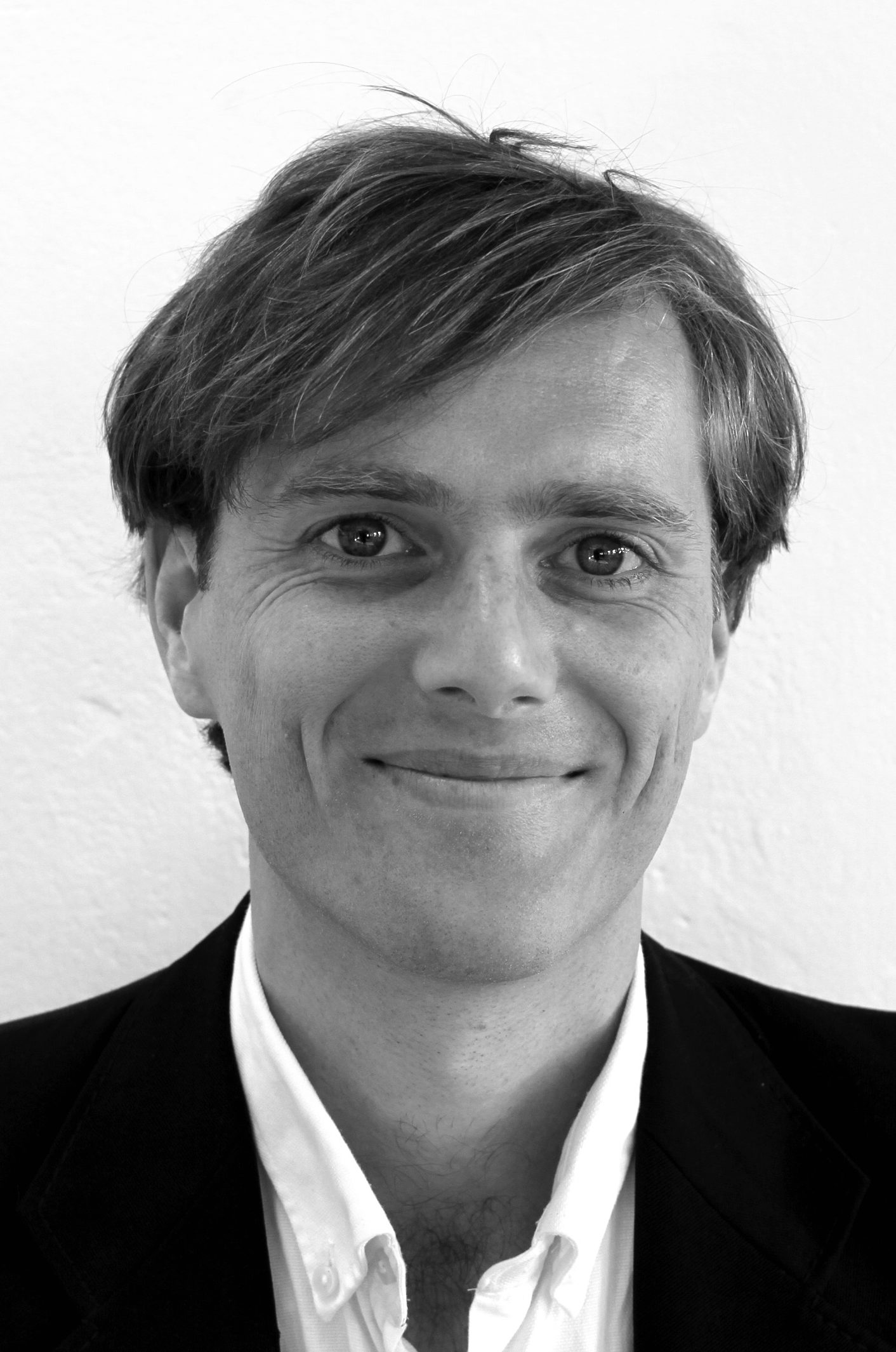
Research Associate
Department of Urban and Spatial Planning of Braga Municipality, Portugal
The Department of Urban and Spatial Planning of Braga Municipality is responsible for urban and spatial planning, housing and rehabilitation policies, and urban mobility strategies. Additionally, the department is tasked with promoting urban renewal projects and sustainable development, ensuring the continuous improvement of citizens’ quality of life. The department is also undertaking a review of the Municipal Master Plan, a crucial instrument to guide urban development, provide affordable housing, and ensure the sustainable growth of the municipality.
The Department comprehends three divisions: 1) Division of Urban Planning (comprehending the Unit of the Department of Geographic Information System), 2) Division of Urban Renewal and Housing, and 3) Division of Mobility. The mission of the Department is to promote the integrated development of the city through various initiatives, including: planning and management of urban and rural land use; coordination and execution of urban rehabilitation projects; implementation of urban regeneration programmes; development and application of housing policies; and improvement of urban infrastructure and public spaces.
Department of Urban and Spatial Planning of Braga Municipality
Praça Municipal
4700-435 Braga
Portugal
https://www.cm-braga.pt/en
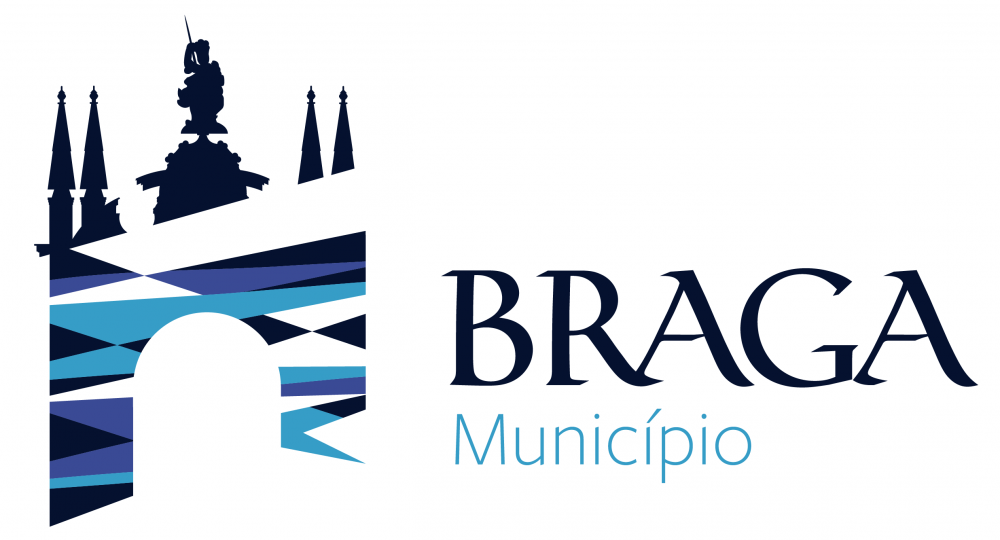
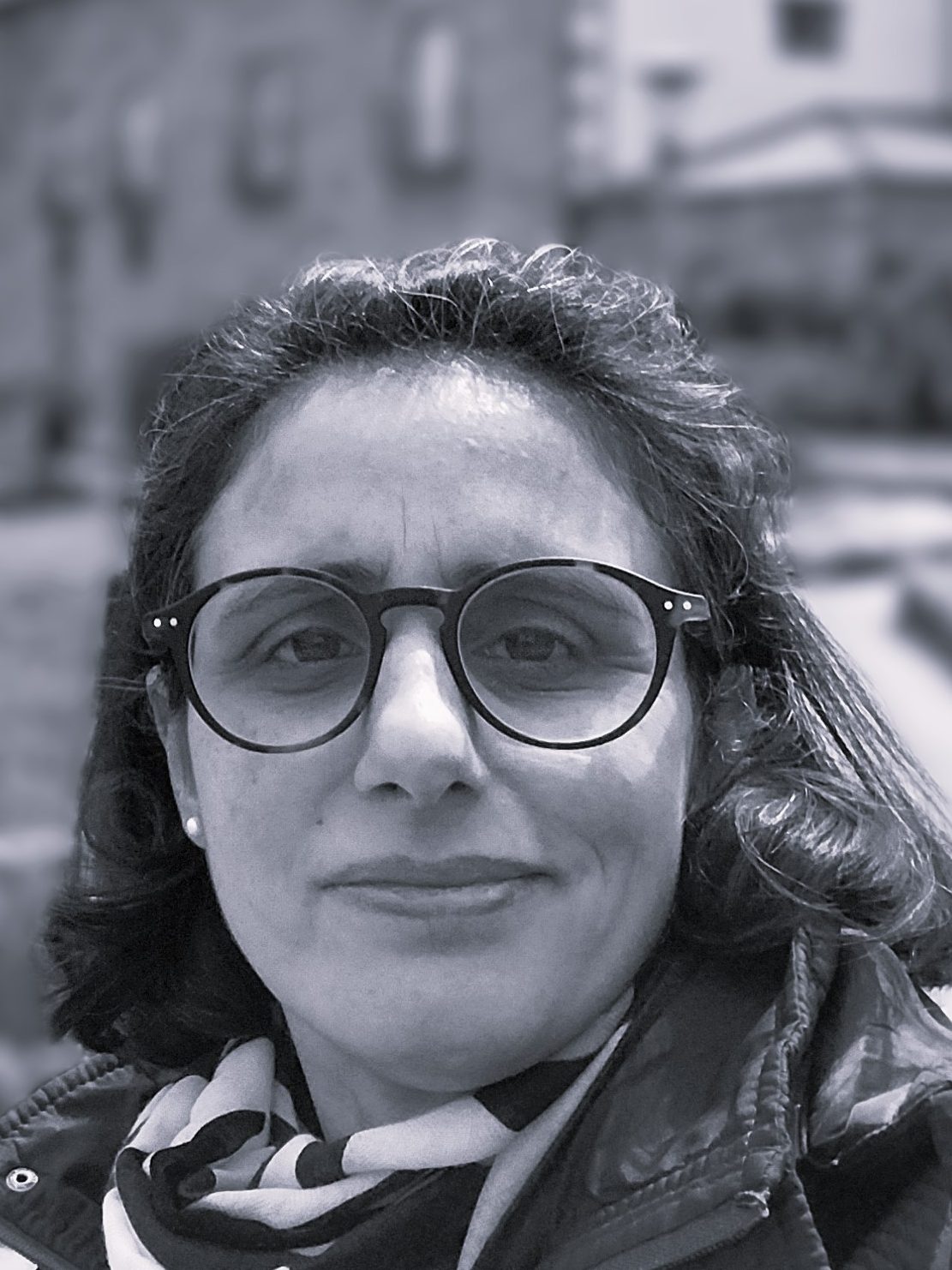
Team leader

Team member
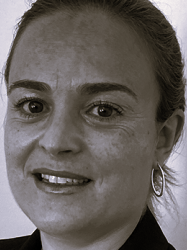
Team member
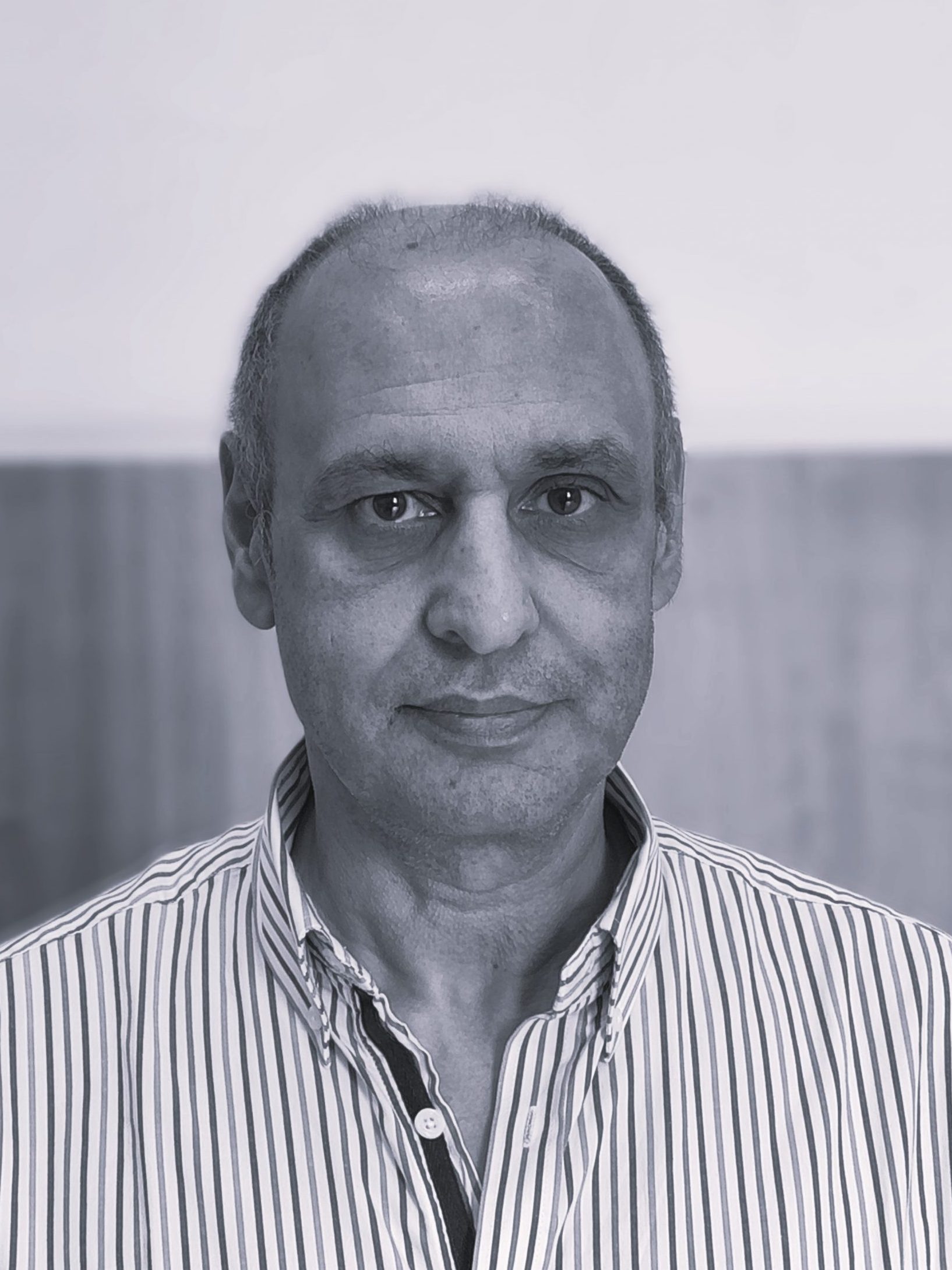
Team member
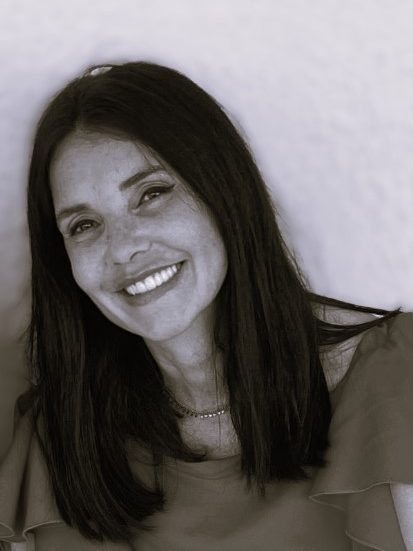
Team member
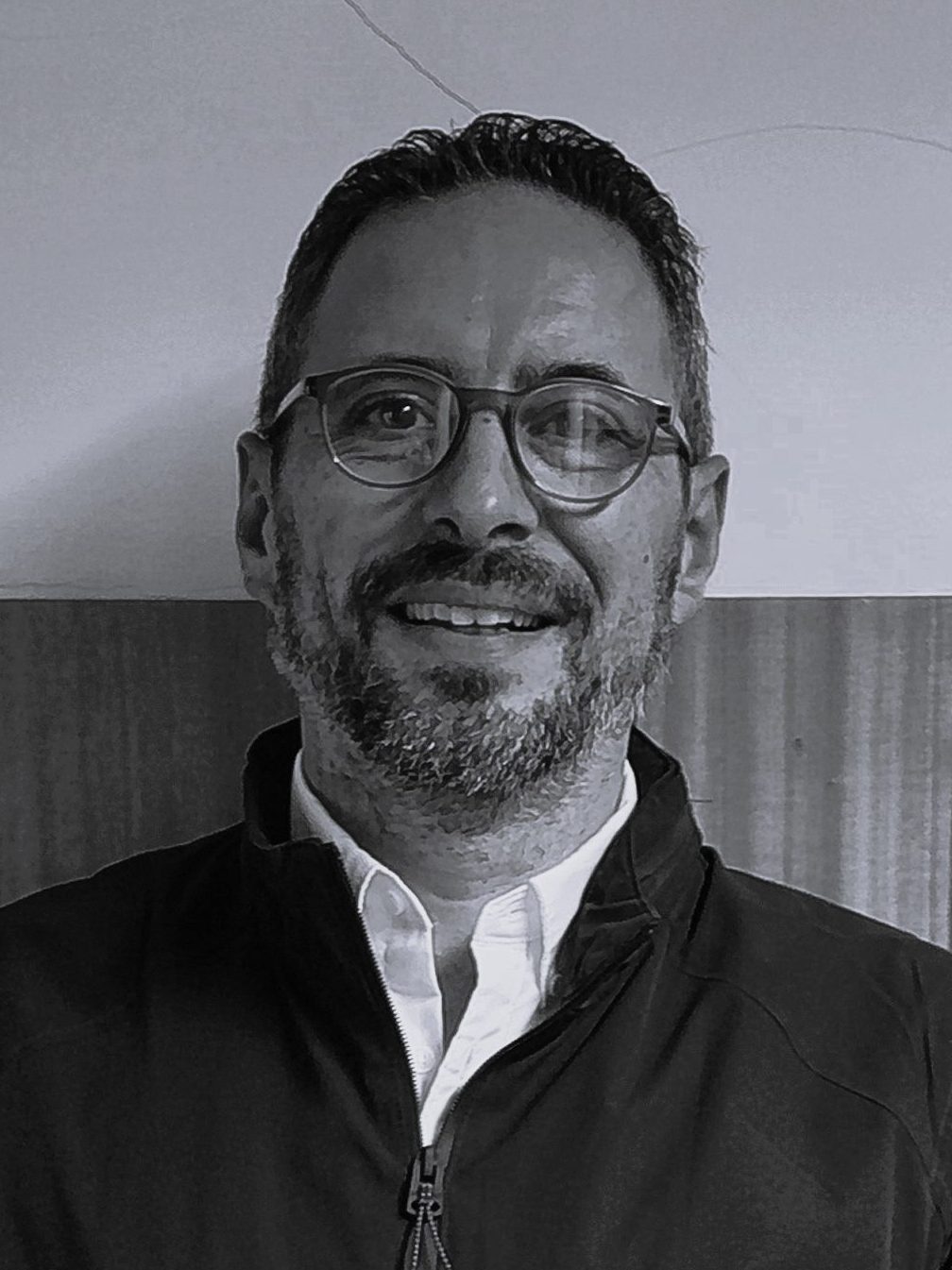
Team member

Team member

Team member
Domus Social EM, Porto, Portugal
CMPH—Domus Social—Housing and Maintenance Company of the Municipality of Porto (Domus Social EM) has been a local non-profit housing company owned by the Municipality of Porto since 2000. It is charged with managing social housing and other public facilities and infrastructure in the municipality. DomusSocial, EM is also responsible for developing and implementing several projects for social development, therefore contributing to the development of the city by applying the municipal public policies, ensuring the economic development promotion and mobilizing forces for social cohesion. The company employs approximately 160 collaborators.
Towards facilitating the city of Porto’s development in housing, Domus Social, EM is strategically guided by the housing policy(ies) defined by Porto City Hall (Câmara Municipal do Porto), which constitute the reference framework for the municipal company actions. This requirement achievement “includes, namely: 1) acquisition, promotion, management, construction, refurbishment and renovation of the MP housing stock for social housing; 2) promotion and implementation of cost-controlled housing programs; 3) Implementation of degraded housing units programs for its refurbishment, renovation or reconstruction for social housing; 4) Improvement of the public space and urban infrastructures upgrade materially connected to social housing.
Domus Social EM. Potro
Rua do Monte dos Burgos, 8
4250-309 Porto
Portugal
https://www.domussocial.pt/
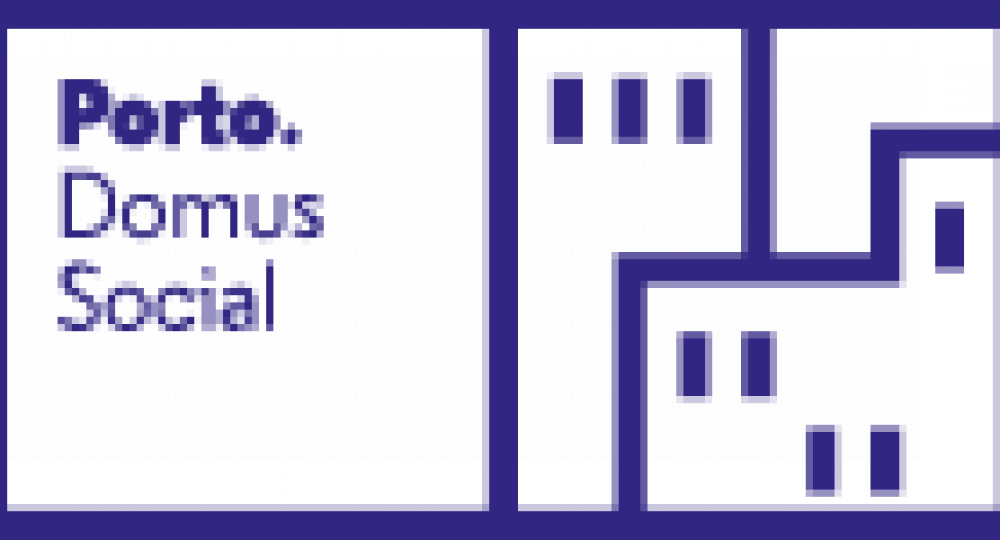
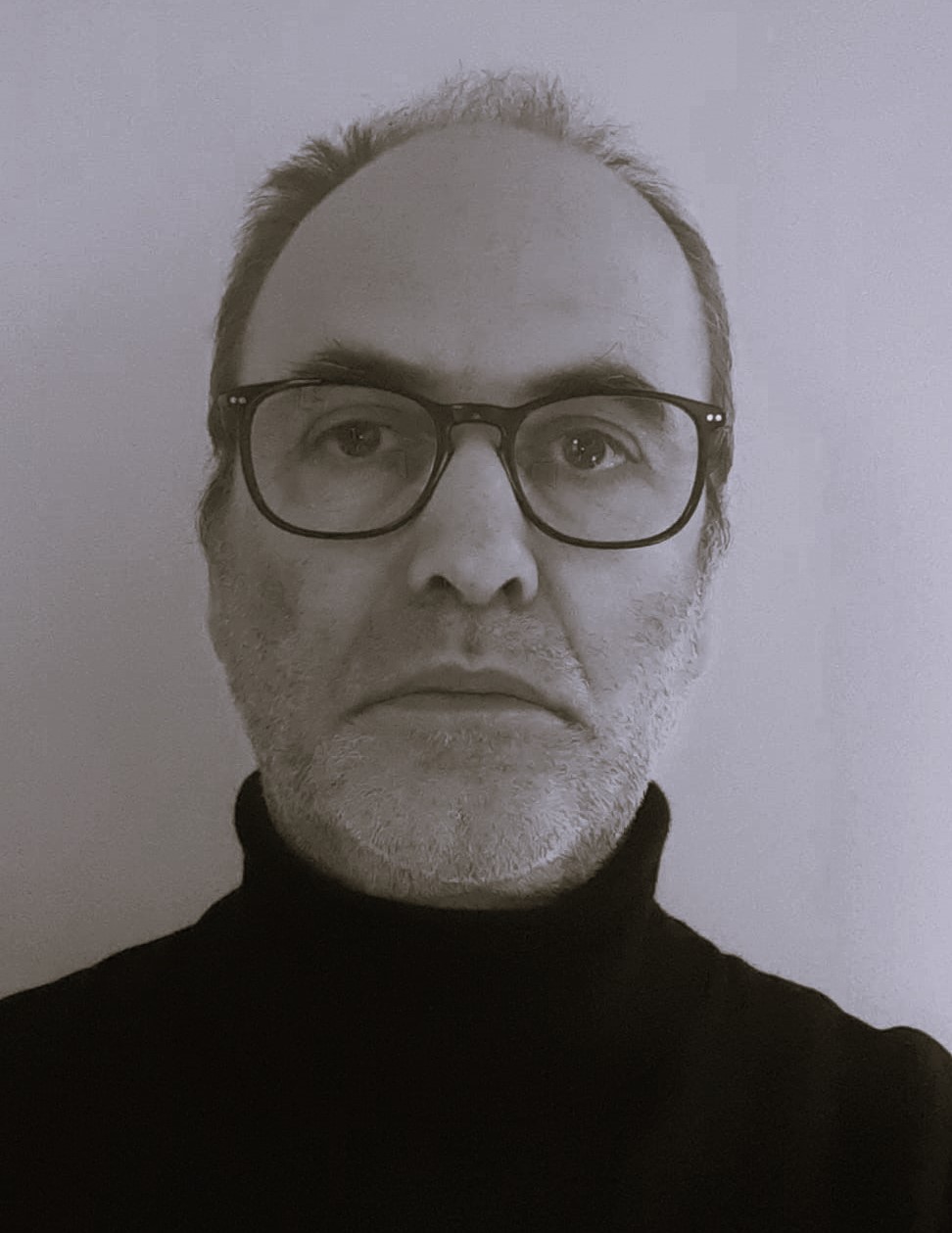
Team leader
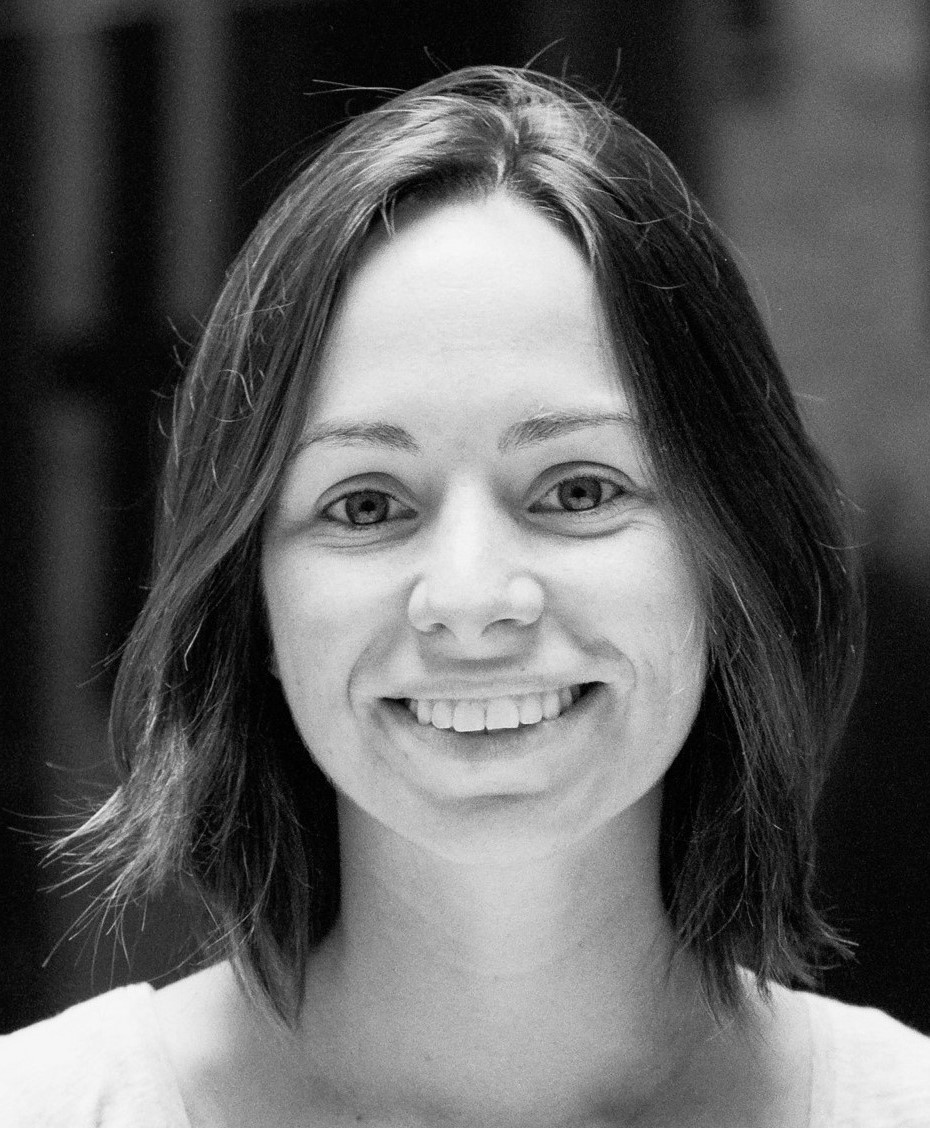
Team member
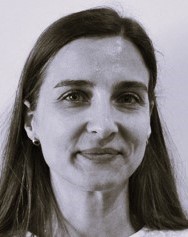
Team member

Team member
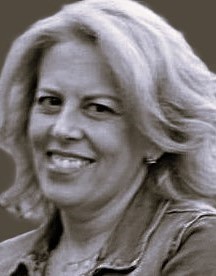
Team member
Gaiurb - Urbanismo e Habitação EM, Vila Nova de Gaia, Portugal
Gaiurb is responsible for Urbanism, Social Housing and Urban Rehabilitation of the Municipality of Vila Nova de Gaia with the mission of promoting local development in the areas of social housing, management and operation of municipality housing stock, urban renewal, promotion of quality housing, the implementation of the rehabilitation and upgrading of historic urban areas and critical areas and planning and urban management in the city of Gaia. Experienced in developing and implementing projects covering the core thematic areas of ‘Public Social Housing’ in interaction with the municipality, universities and end users; and in participating in national and international R&D projects.
Gaiurb is committed to shifting the housing paradigm in the municipality by creating solutions capable of meeting the different needs of the population. The solutions developed so far have concentrated efforts on the low-income fringes of the population and vulnerable groups, although insufficiently, but it is proving necessary to develop new instruments that will also allow middle-income families/people who have seen their access to housing severely limited by rising prices in the real estate and rental market. At the same time, the articulation between spatial planning policies and housing must be ensured, contributing to the availability of land for housing, in strategic locations for the municipality where housing needs are most acute. The municipality of Vila Nova de Gaia, given its size, has the capacity and resources to guarantee housing solutions from different sources (urban, rural), capable of accommodating different choices when it comes to where to live.
Gaiurb – Urbanismo e Habitação EM, Housing
Captain Leitão Street
No. 94
4400-168 VN Gaia
Portugal
https://www.gaiurb.pt/
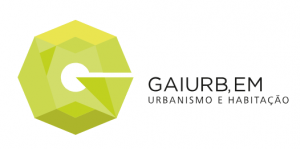

Team leader

Team member

Team member

Team member

Team member
Associated Partners
City of Aalborg – Aalborg Municipality
Denmark is organized into 98 municipalities, of which Aalborg Municipality is the 3rd largest, with more than 220,000 inhabitants, two-thirds of whom live in Aalborg city. Aalborg Municipality is organized with the City Council at the top. Below are seven standing committees: the Economy Committee, the Job and Welfare Committee, the Seniors and Care Committee, the Children and Education Committee, the Climate and Environment Committee, the City and Landscape Committee, and the Health and Culture Committee.
The City and Landscape Department is the driving force in the development of the physical framework that makes Aalborg an attractive, dynamic and sustainable municipality. Together with the citizens, we want to make Aalborg the best municipality to live and work in – a municipality where we use, develop and value our cities and unique landscapes. The strategic development of Aalborg Municipality’s cities and landscape lies in the Urban Development and Construction department. Among the core tasks are urban development plans, planning strategies, municipal plans, local plans, urban transformation, environmental assessments, business services and management of construction projects.
Aalborg Municipality
City and Landscape Department
Stigsborg Brygge 5
9400 Nørresundby
Tel: +45 9931 3131
aalborg.dk
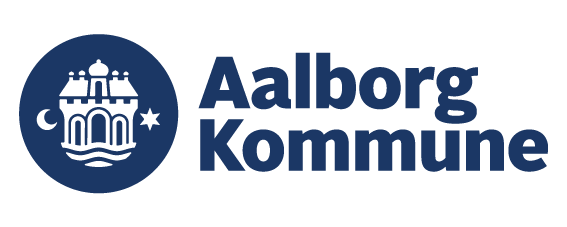
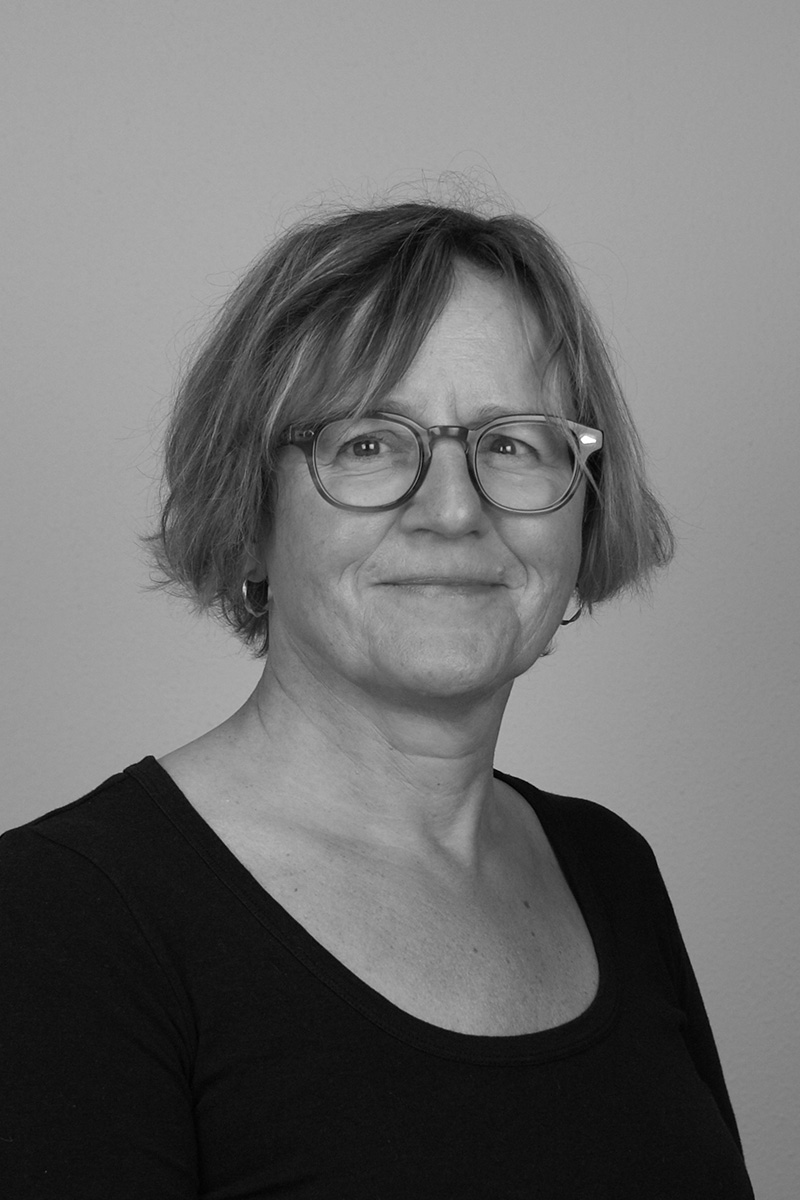
Architect,
Team leader for Strategy
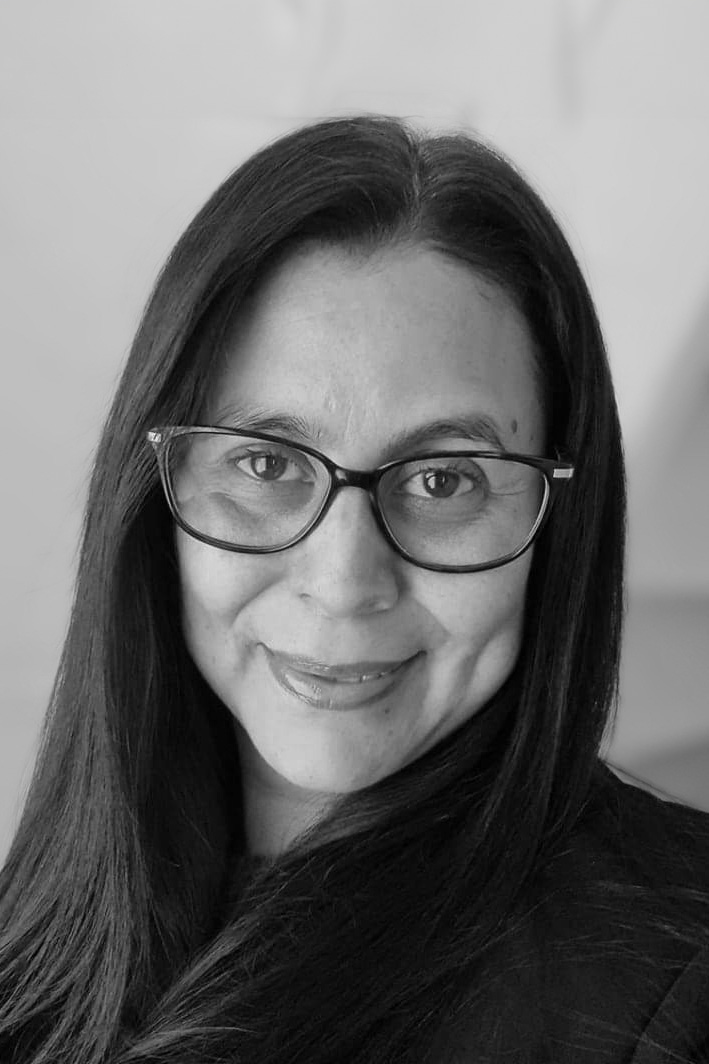
Civil EngineerSocial Housing
Himmerland Housing Association, Denmark
Himmerland Housing Association is a social housing association regulated by Danish law, thus functioning under principles of non-profit, resident democracy and building local funds to finance renovation and area-oriented initiatives. Himmerland has existed since 1943. It is found in the regional capital, Aalborg. Around 30% of housing in Aalborg is owned and operated by social housing associations. The Himmerland, being the largest, possesses about 7,500 homes with all types of publicly supported housing: family housing, youth housing, nursing homes, senior housing, and residential facilities for the disabled and housing for socially vulnerable people.
Almost half of Himmerland homes are located in Aalborg East. Since the 1970s, this district has faced significant social segregation due to its distance from the city centre, a high concentration of public housing with a predominance of residents outside the labour market and immigrant background. In 2005, Himmerland launched a large-scale effort named “The Aalborg Model” to transform Aalborg East into a socially, economically and environmentally sustainable district. The work fundamentally renovated 1,500 homes and added about 500 new social and private housing units. New urban functions (health center, shops, restaurants, green areas, etc.) were added, and infrastructure and energy supply were upgraded.
Partnerships have been established with Aalborg Municipality, private companies and associations of volunteers to support young people’s opportunities for jobs and education. For this work, Himmerland received a New European Bauhaus award in 2023 from the EU Commission in the category Prioritising the places and people who need it the most.
Himmerland Boligforening
Rendsburggade 22,
Aalborg, Denmark
abhim.dk
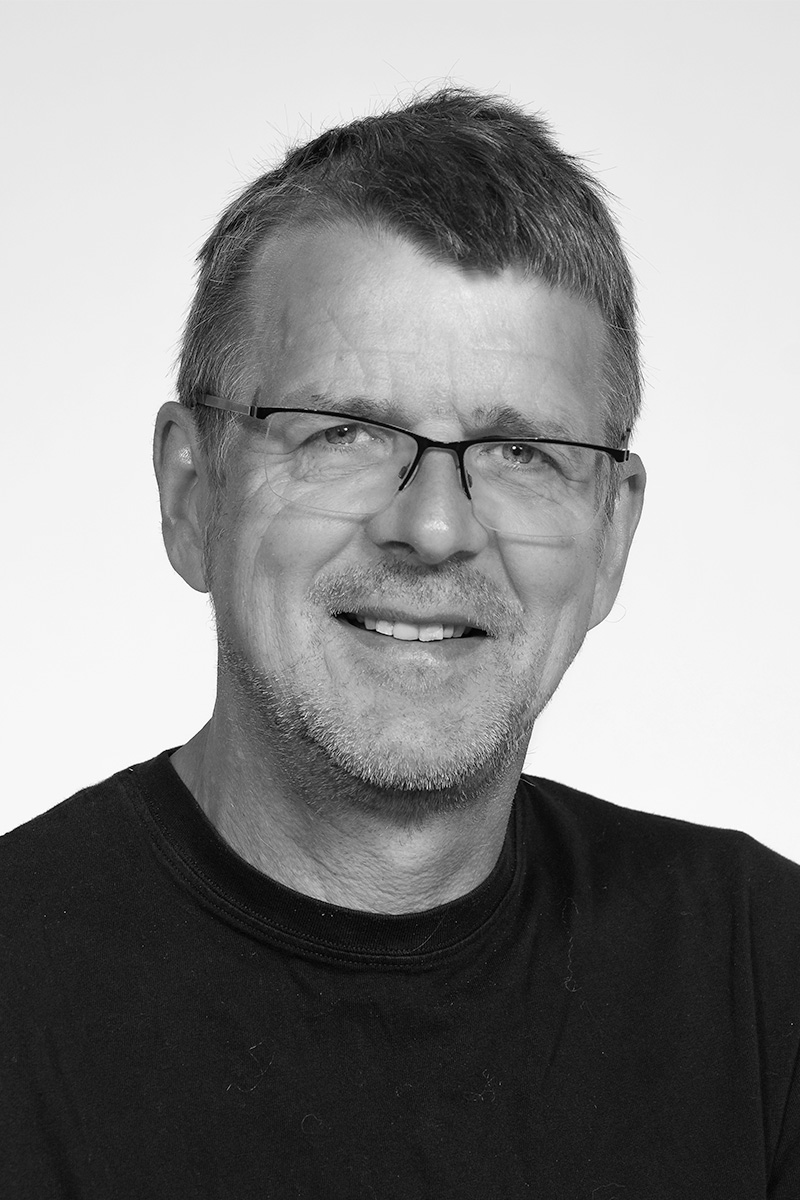
Development Manager